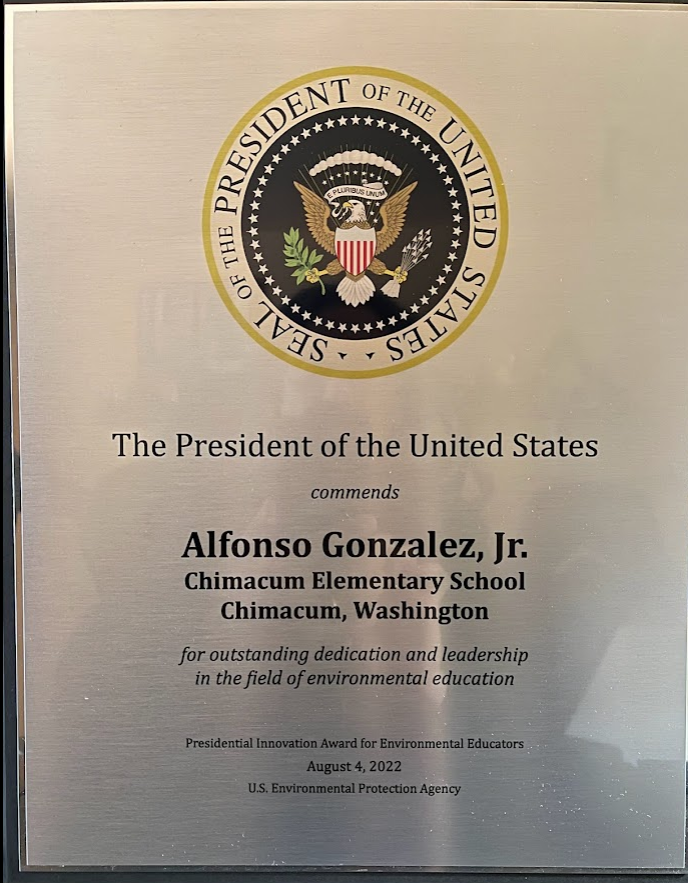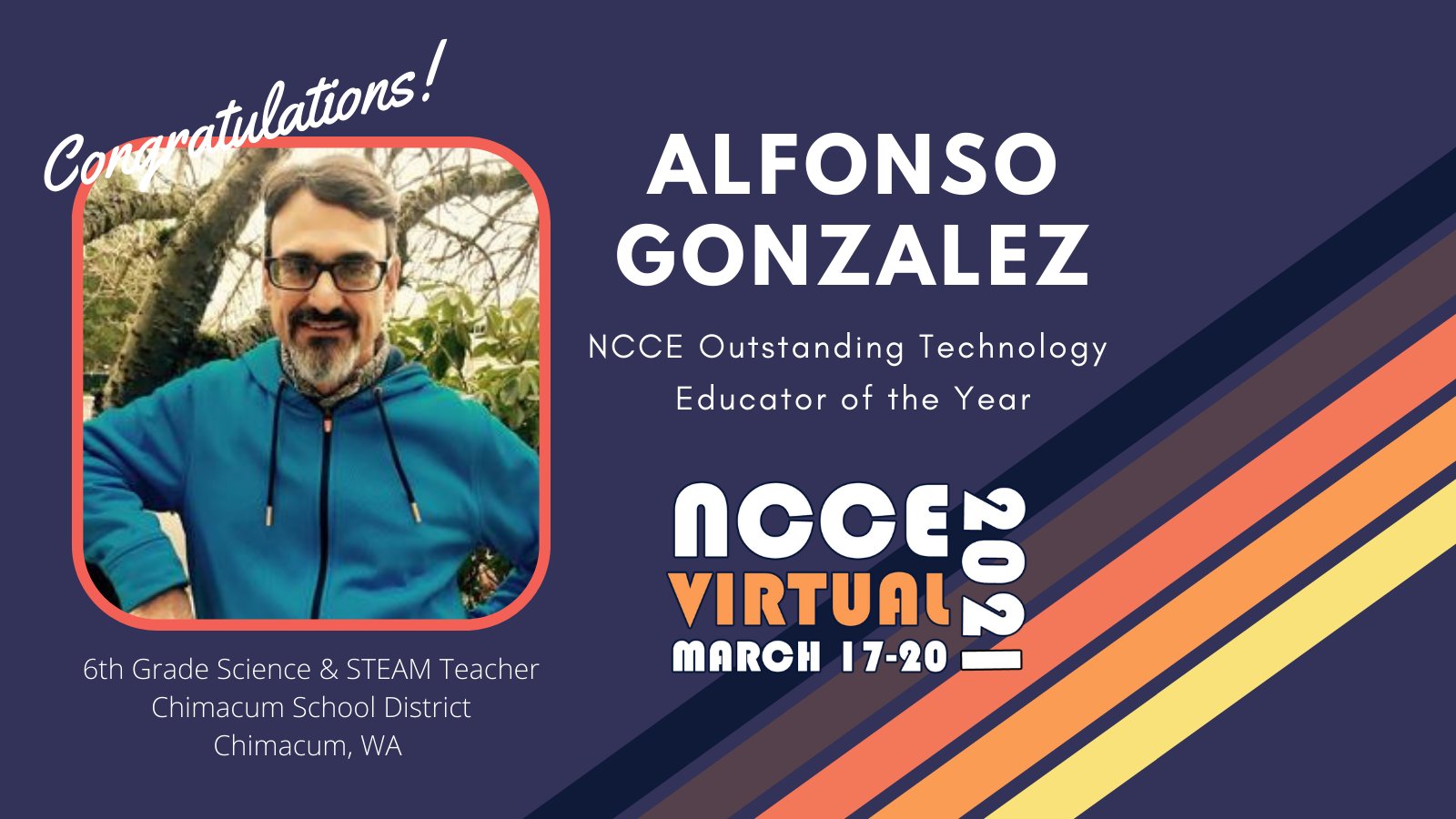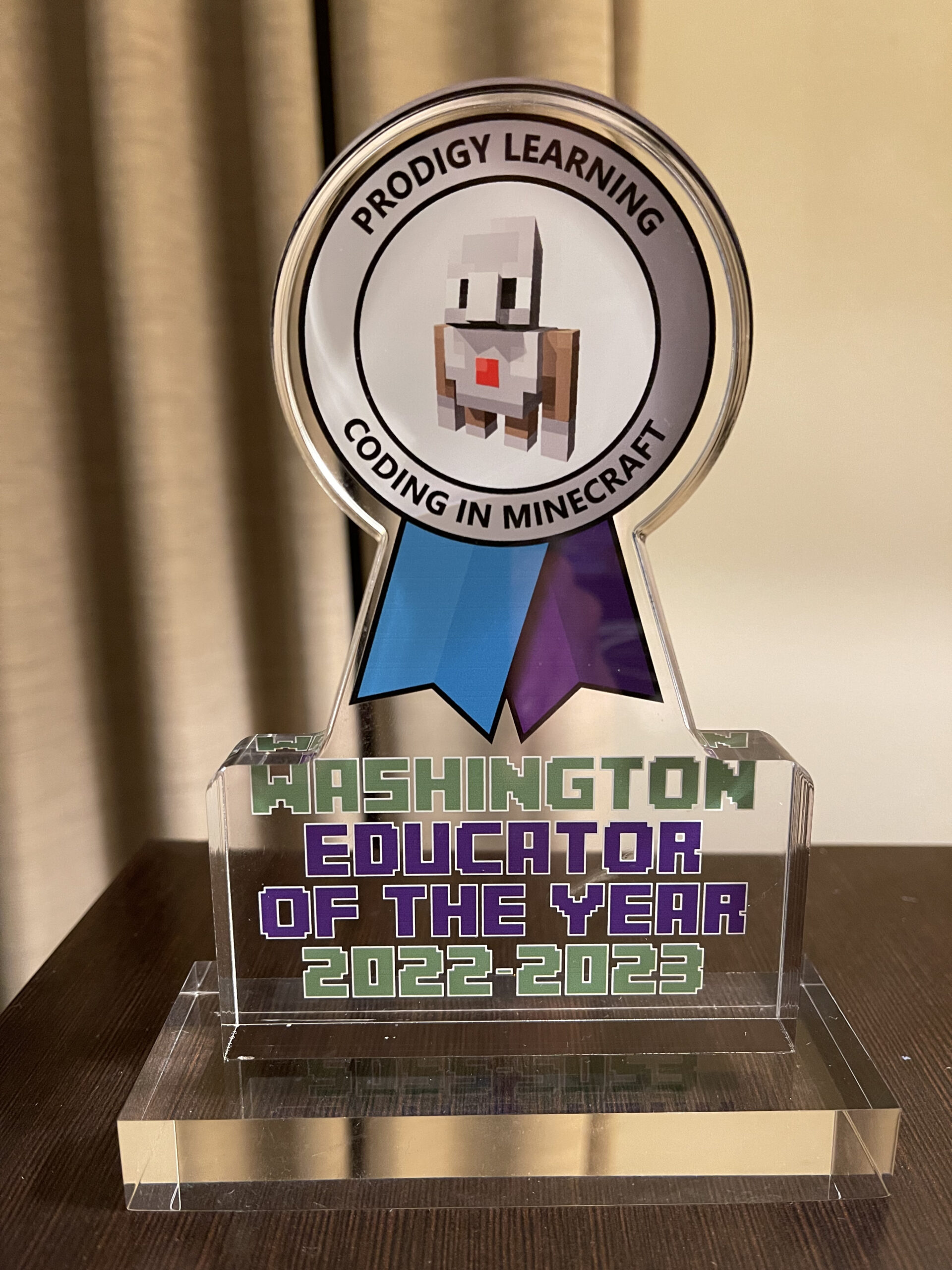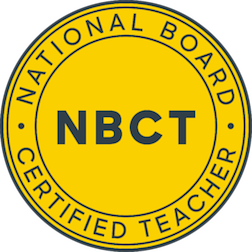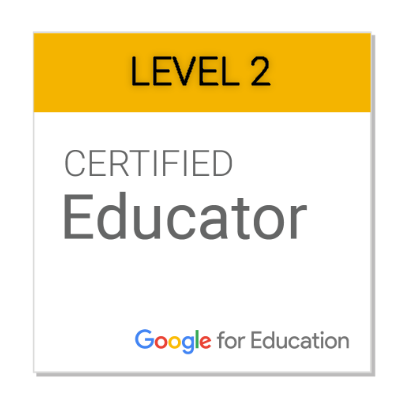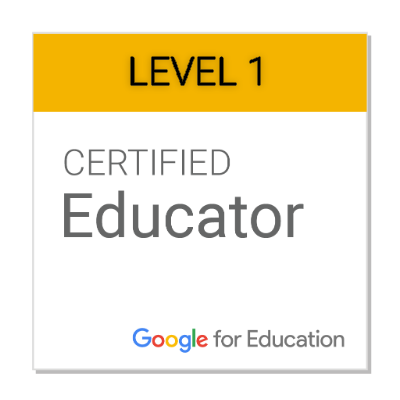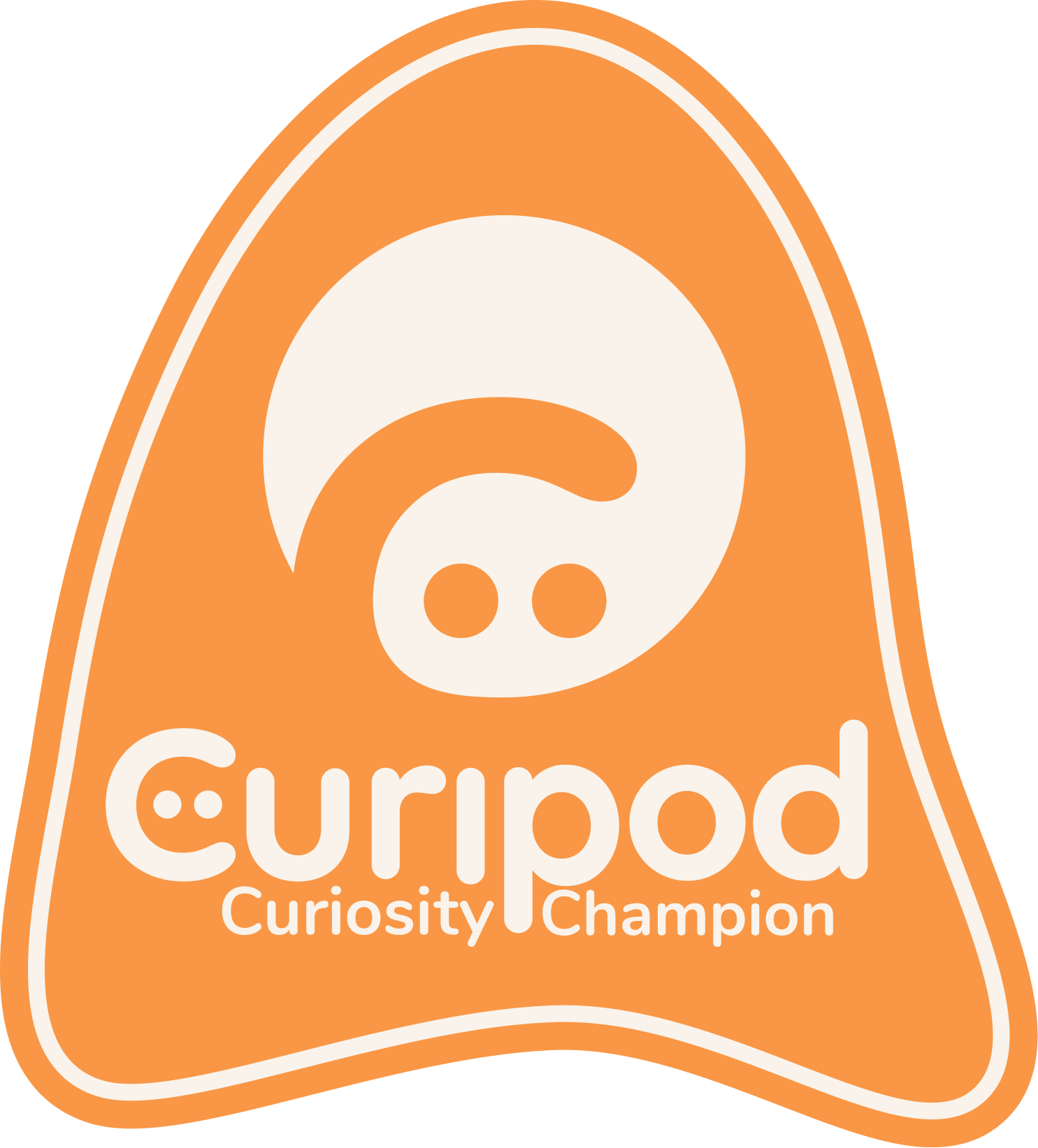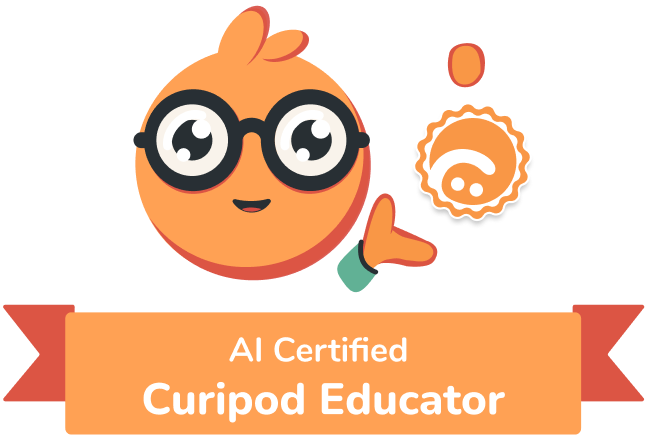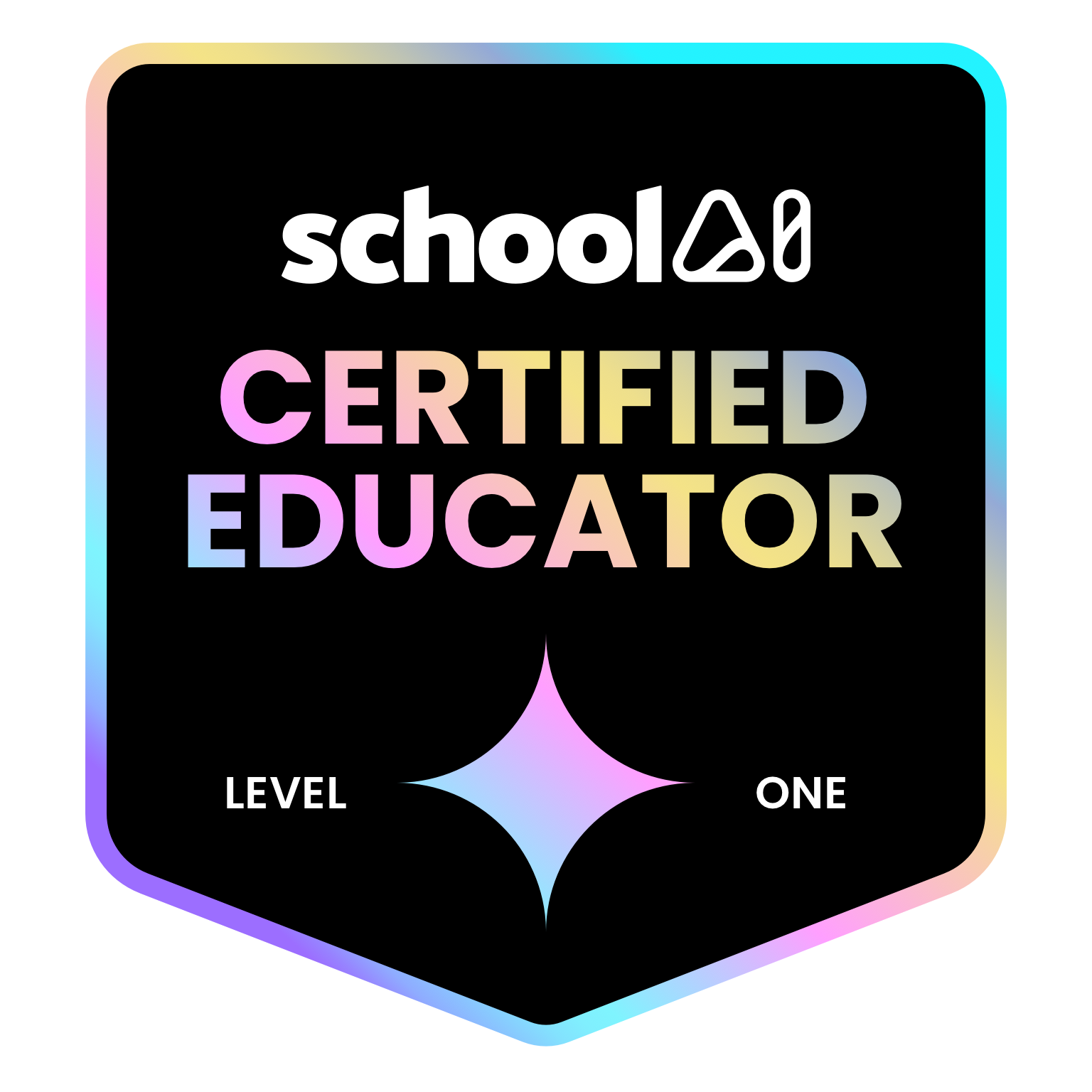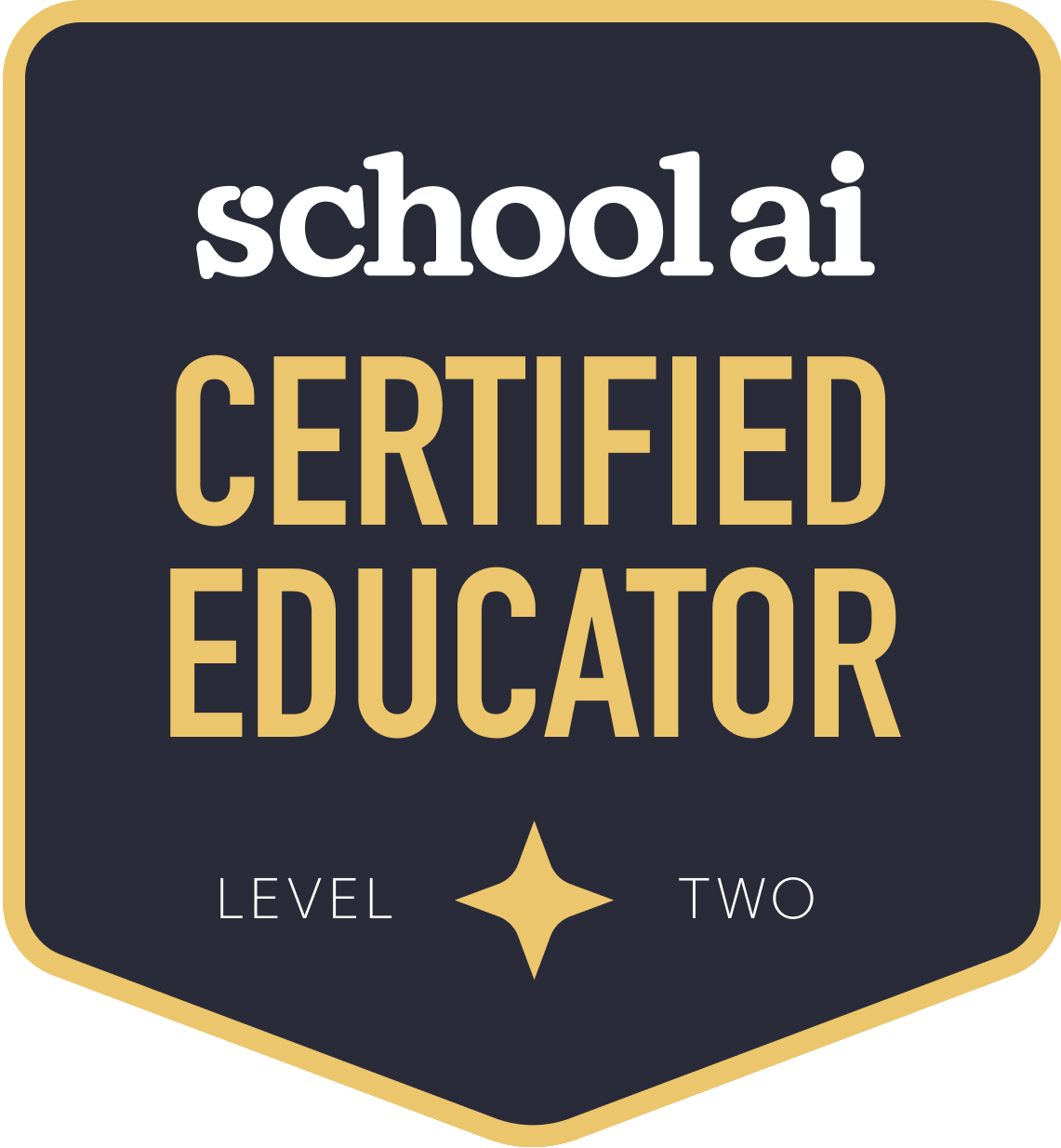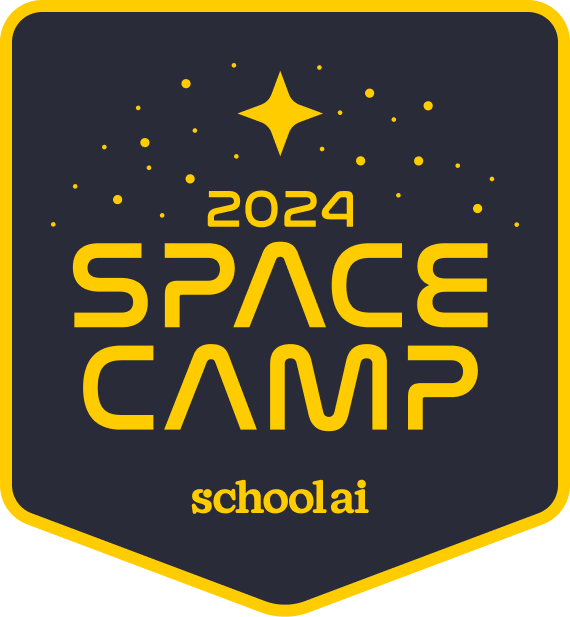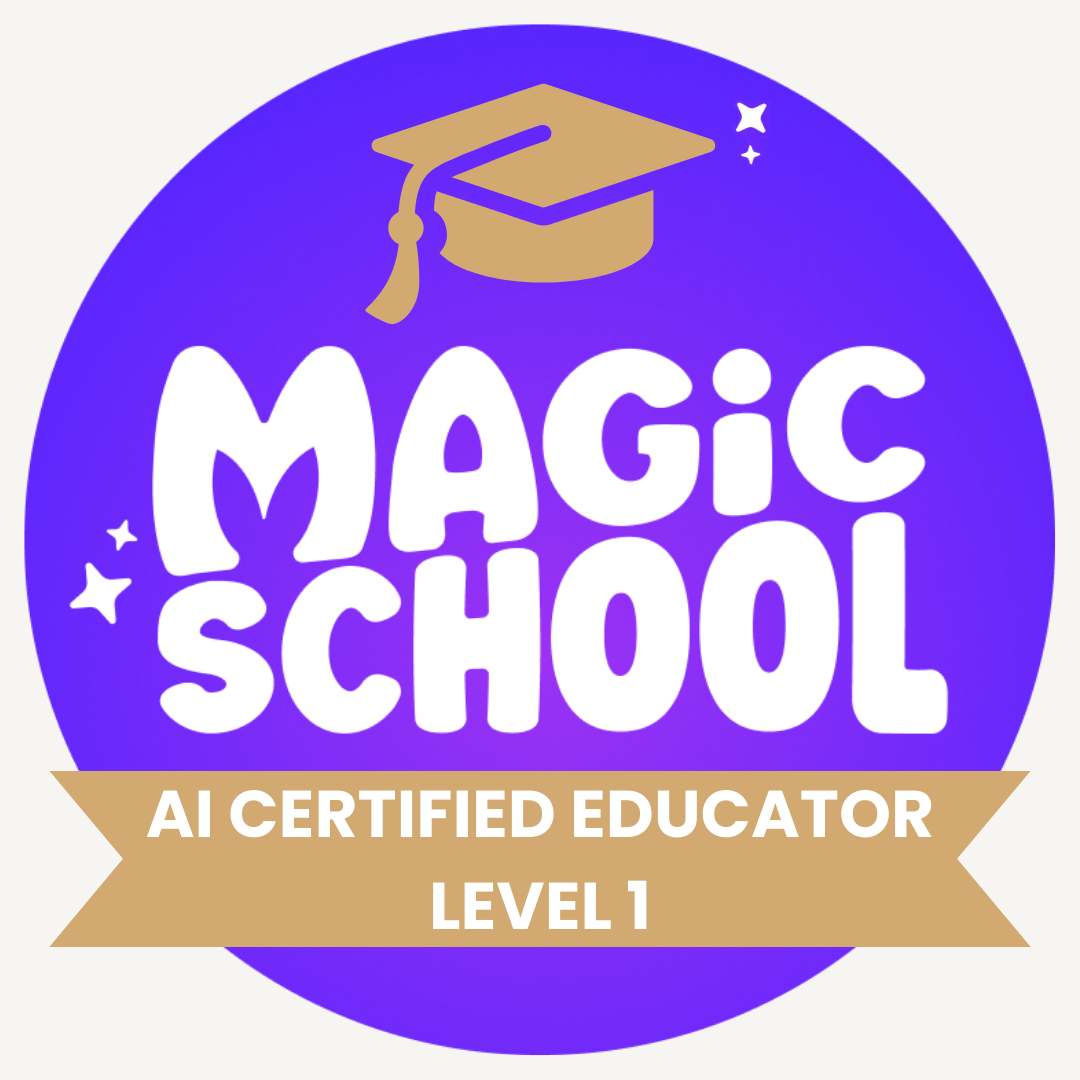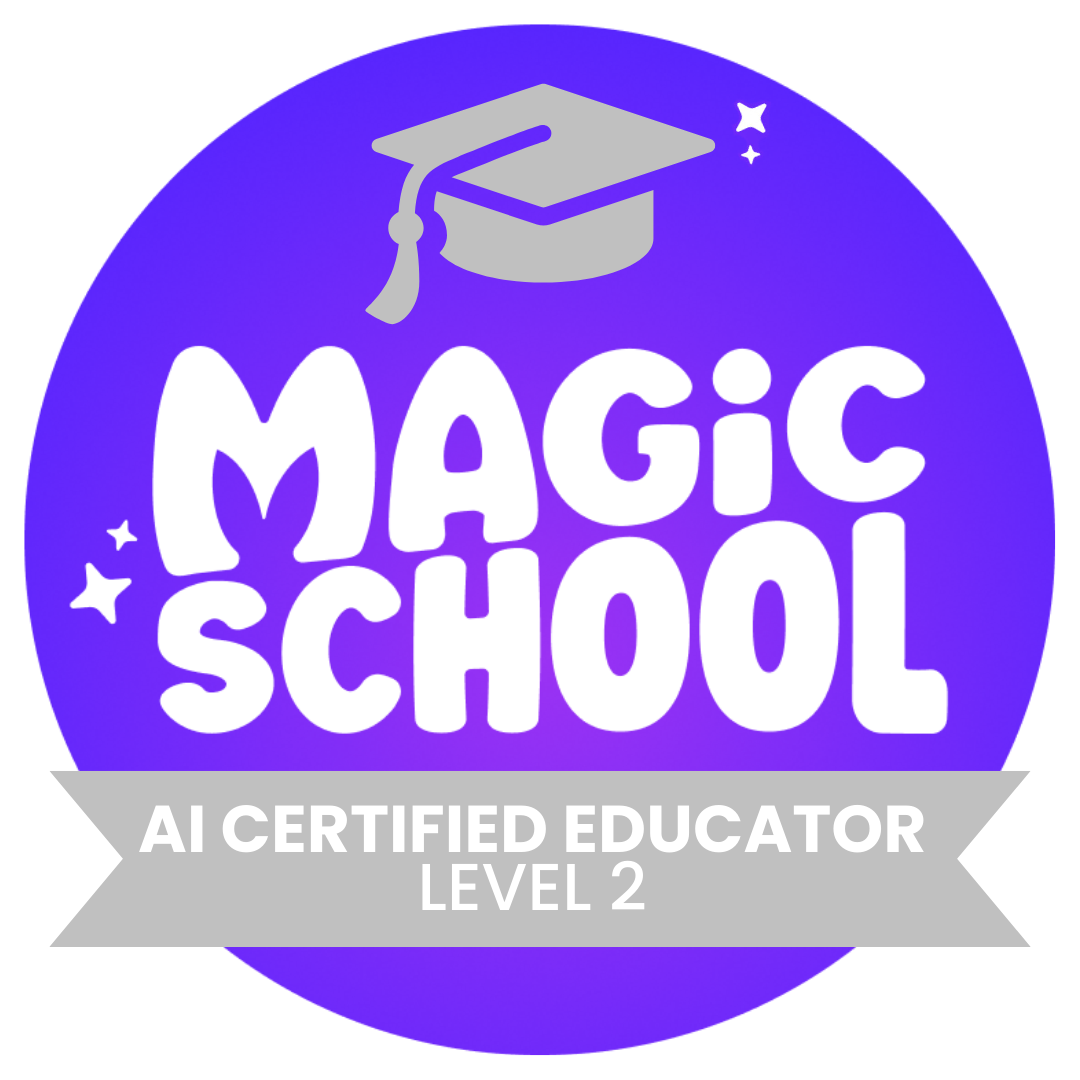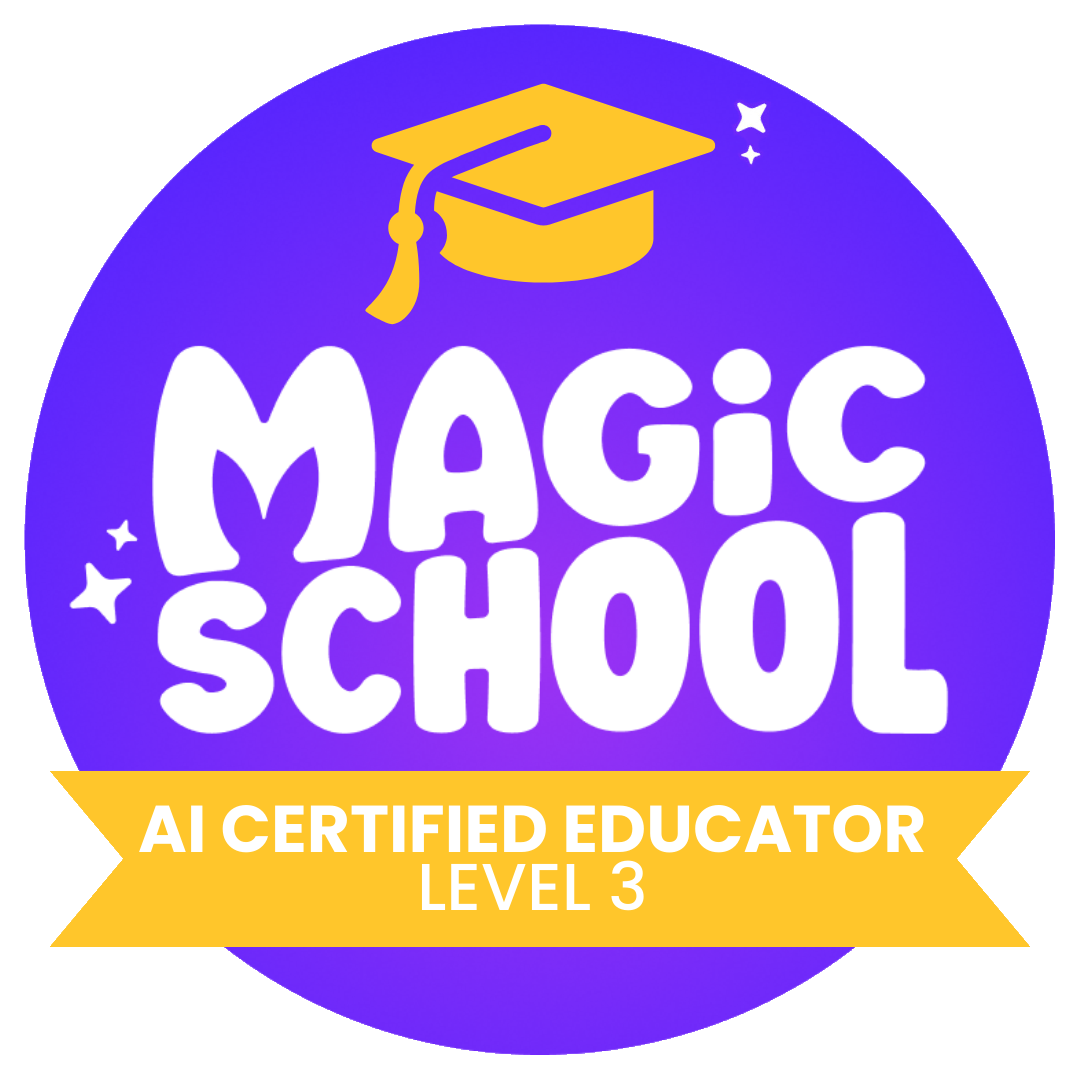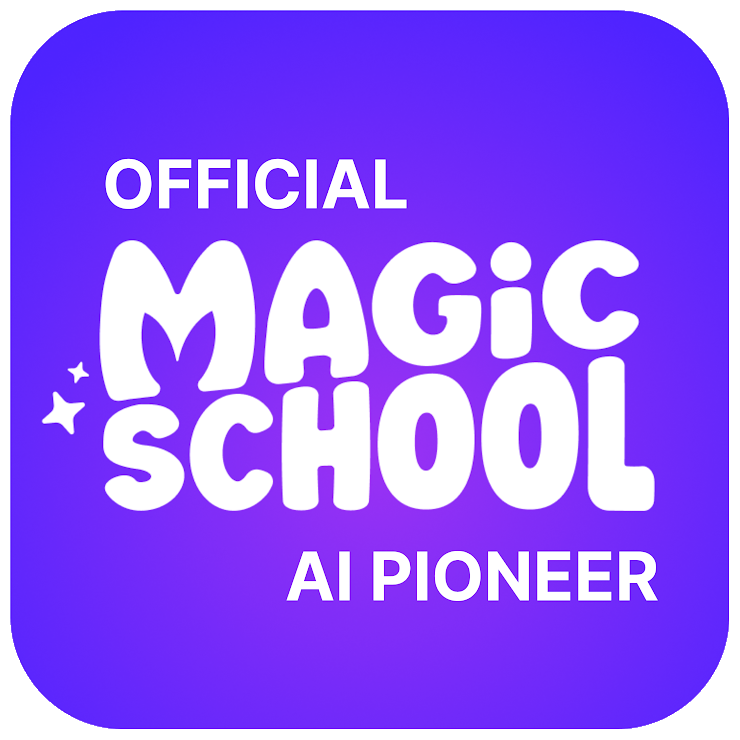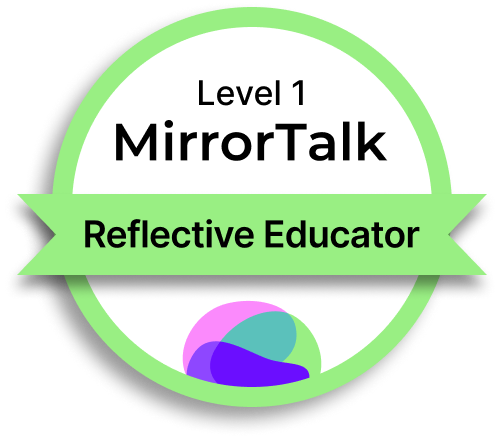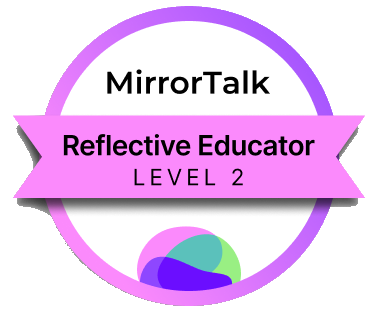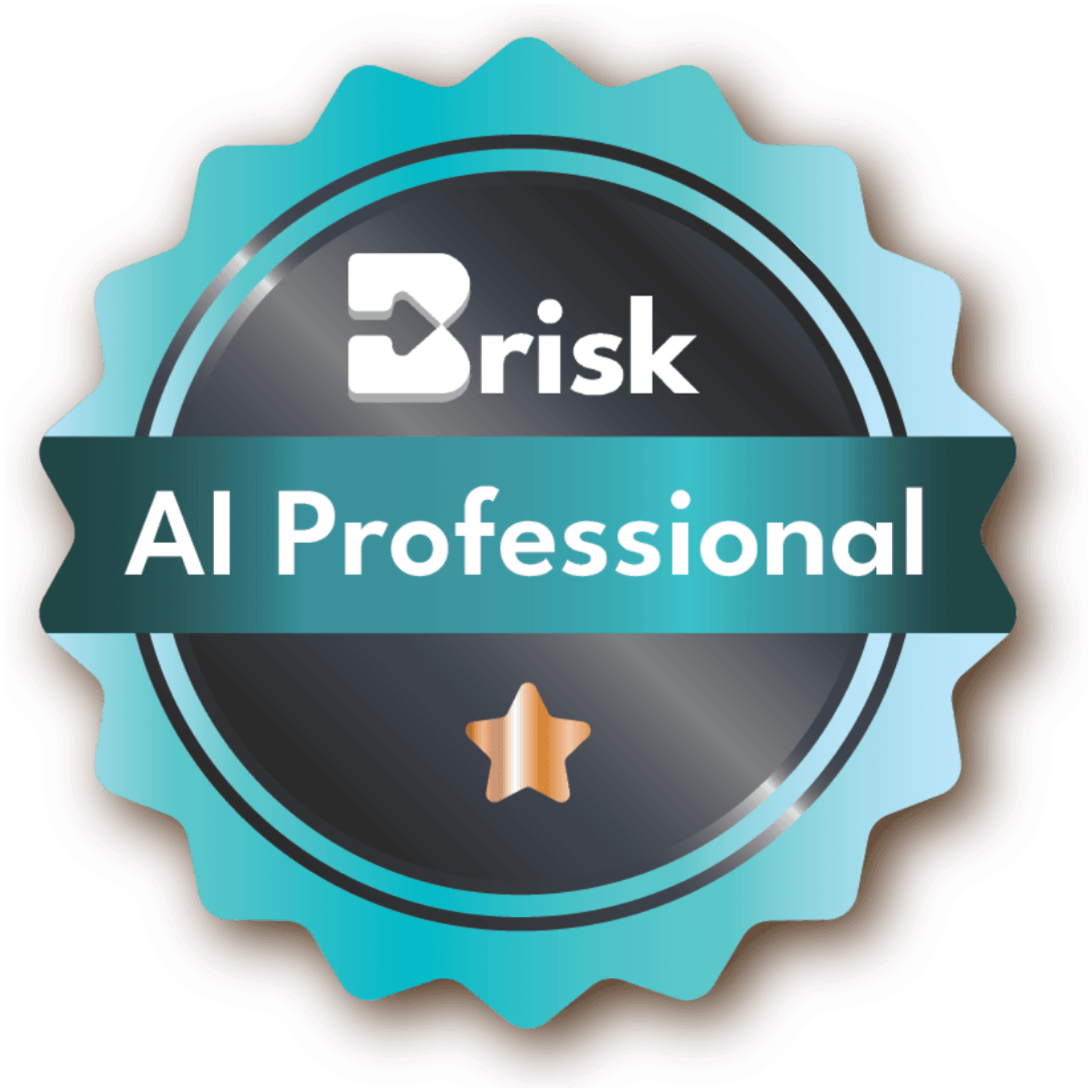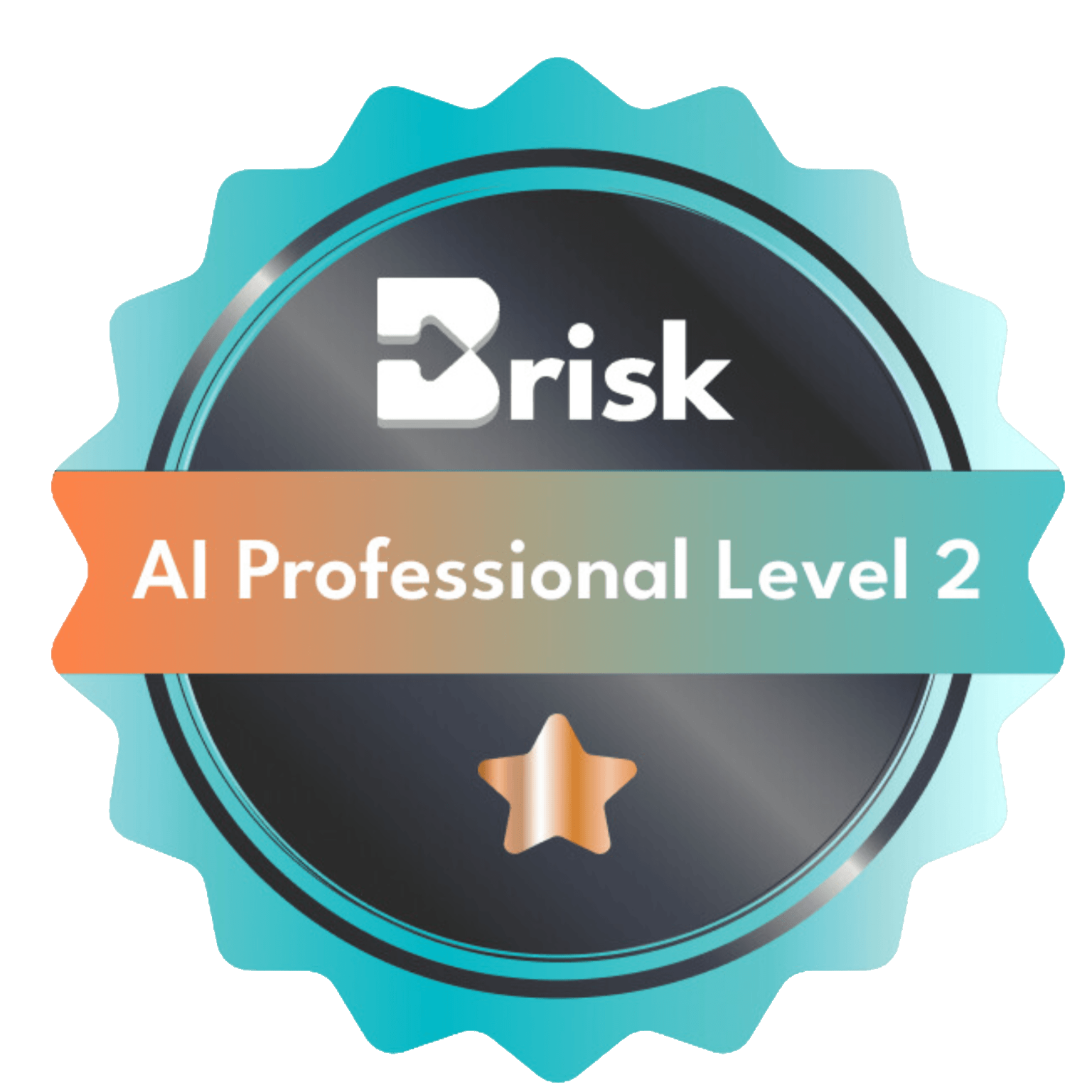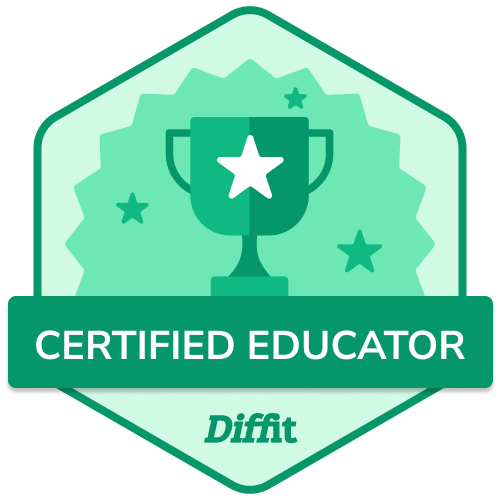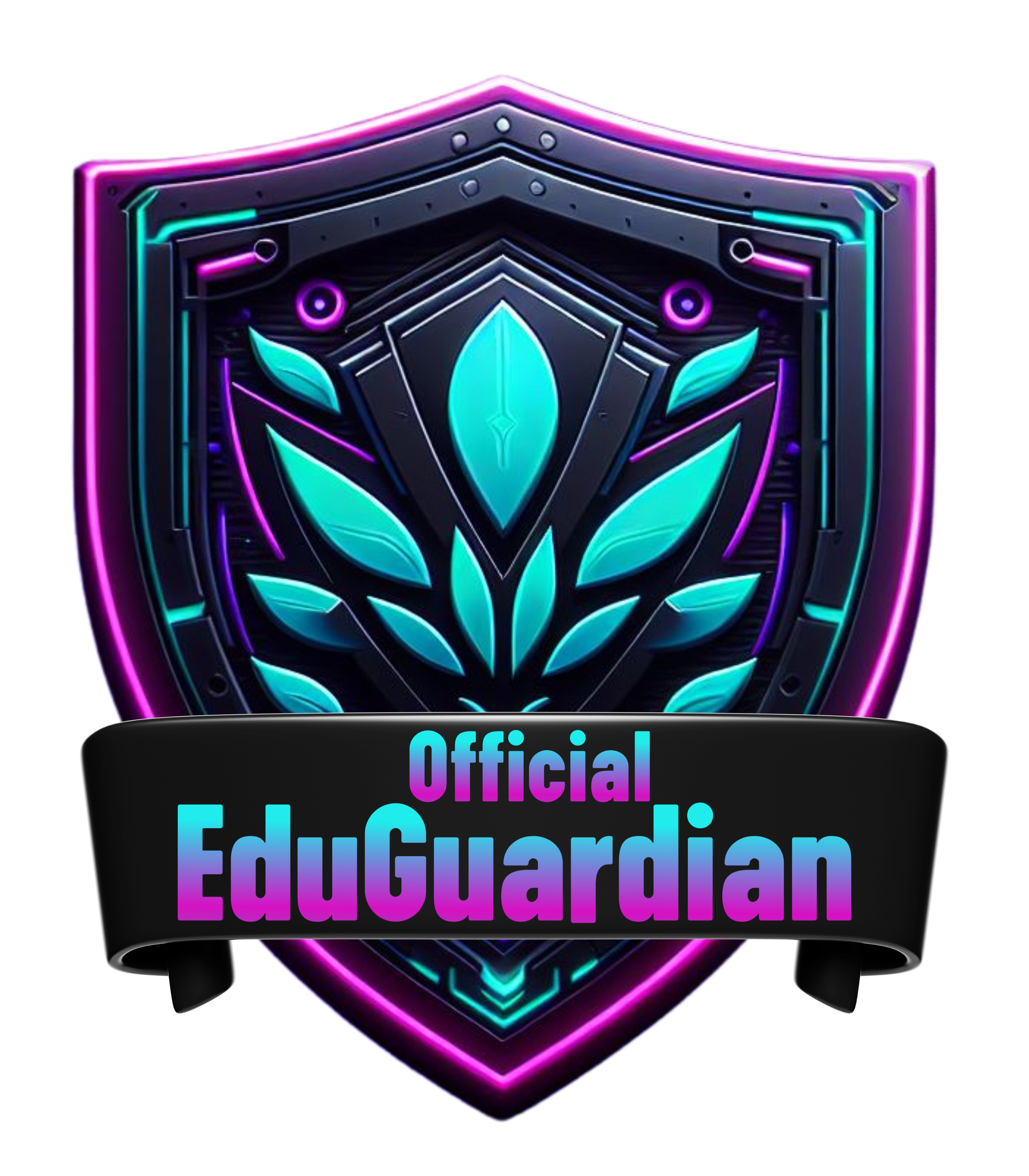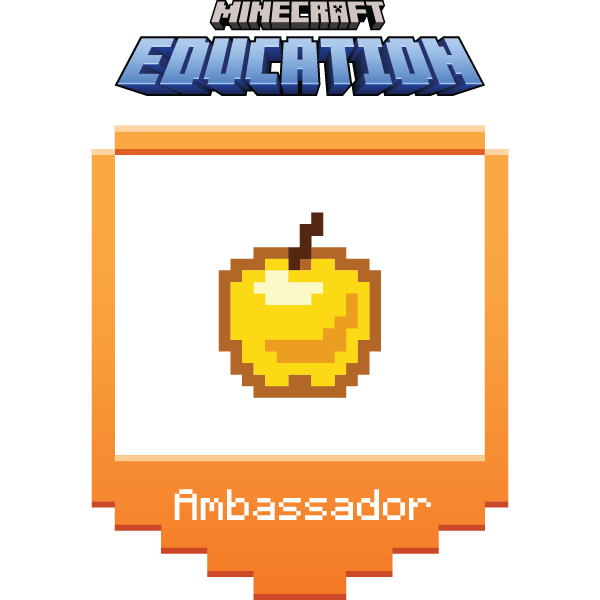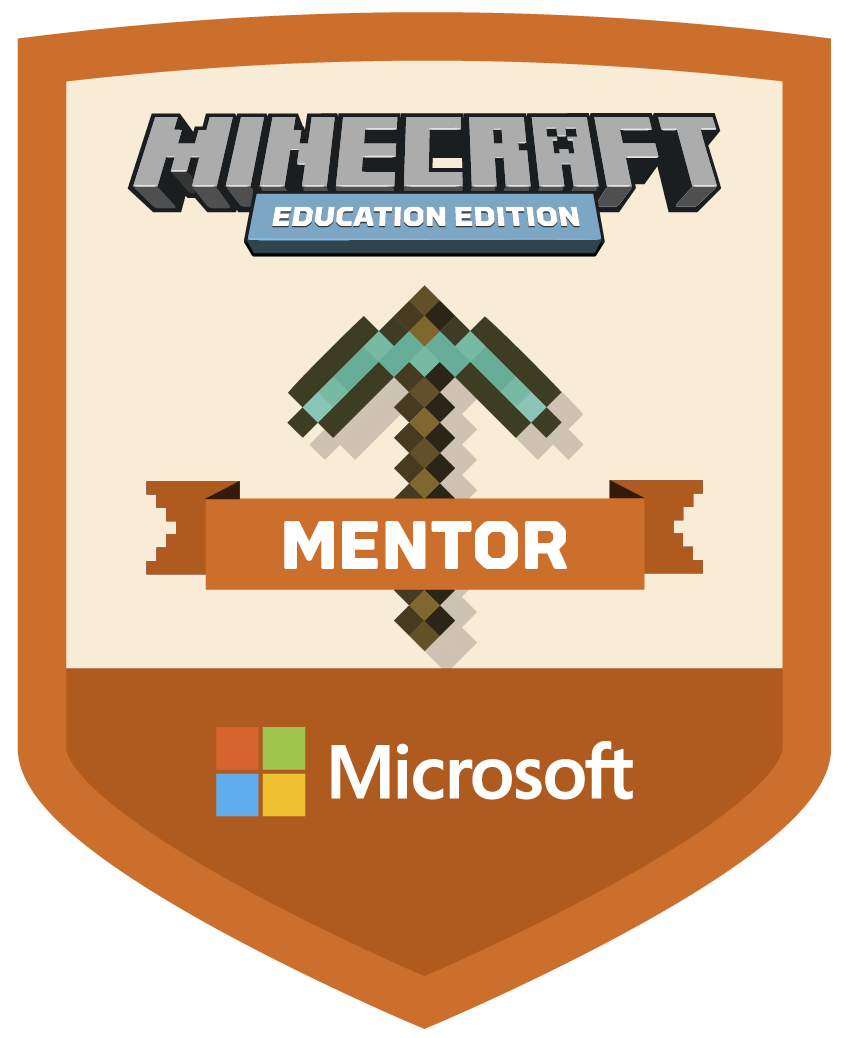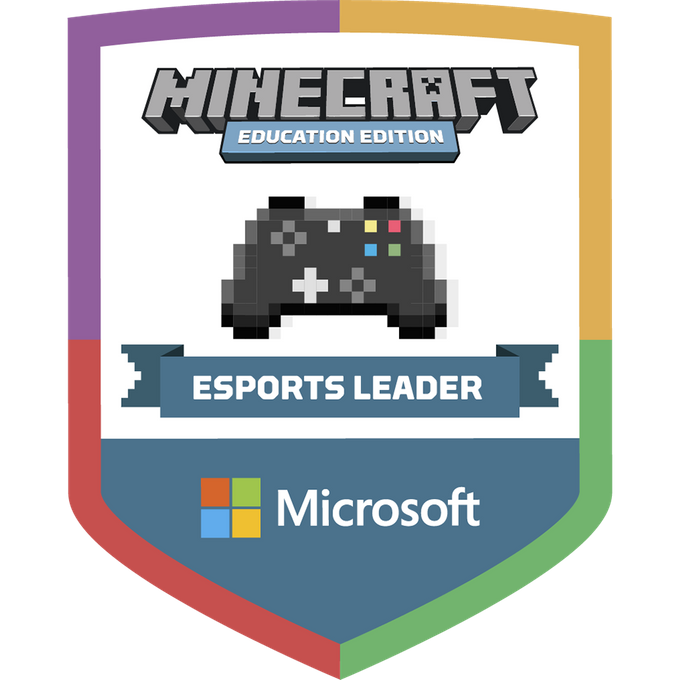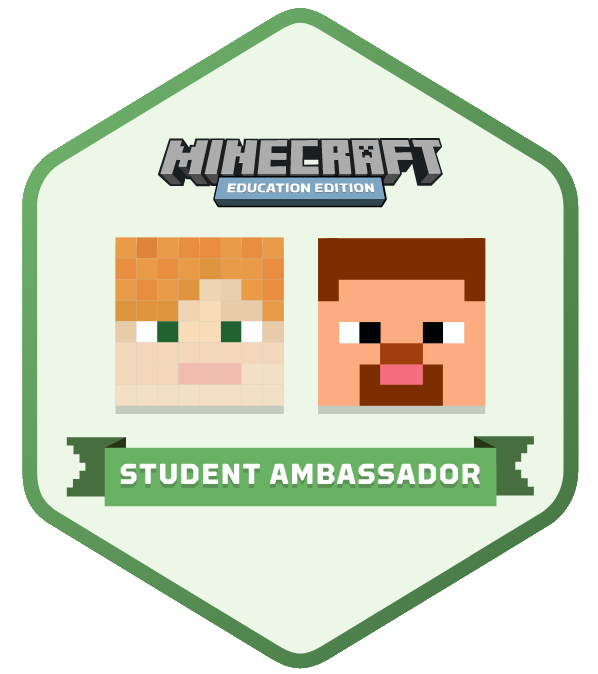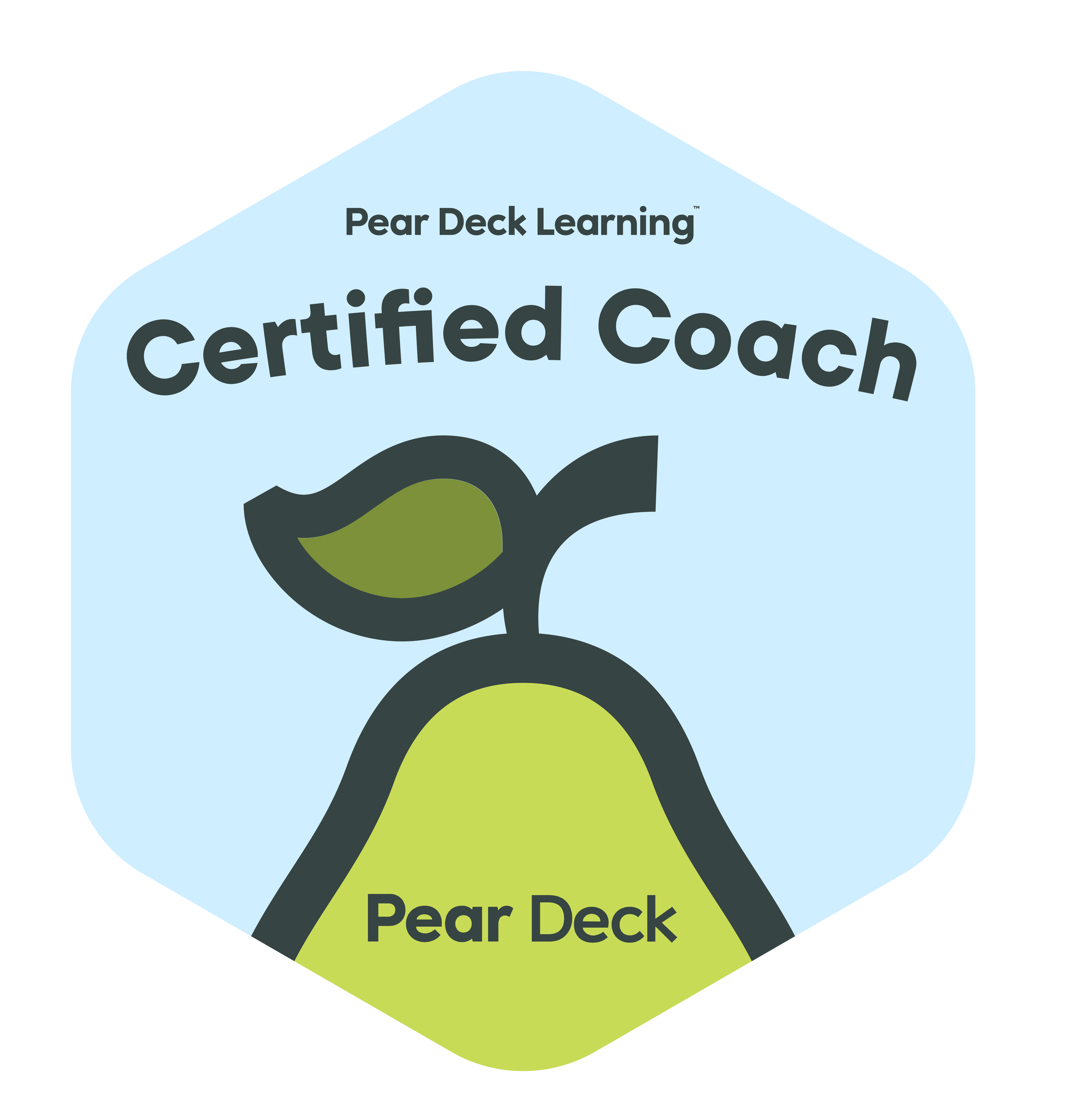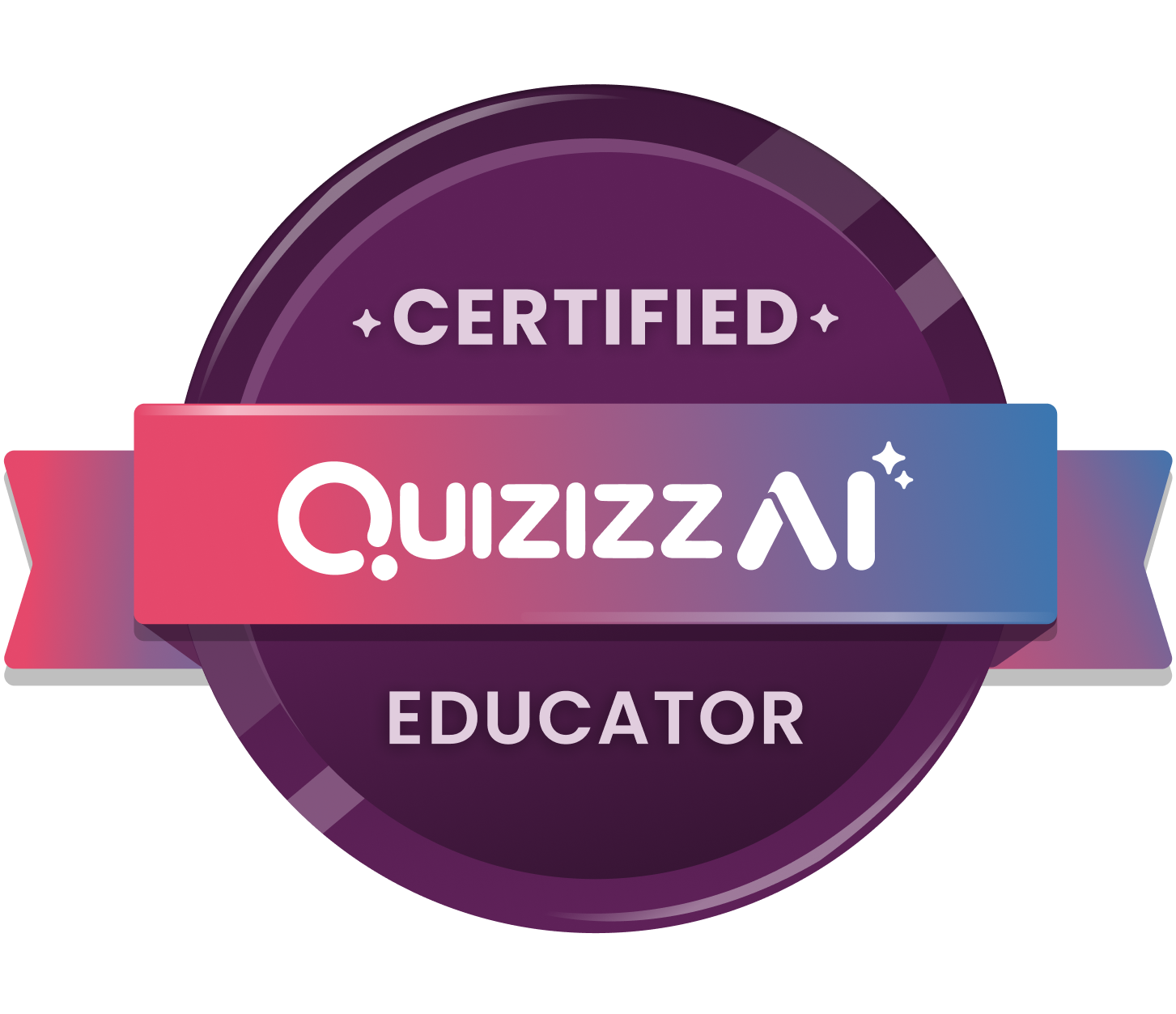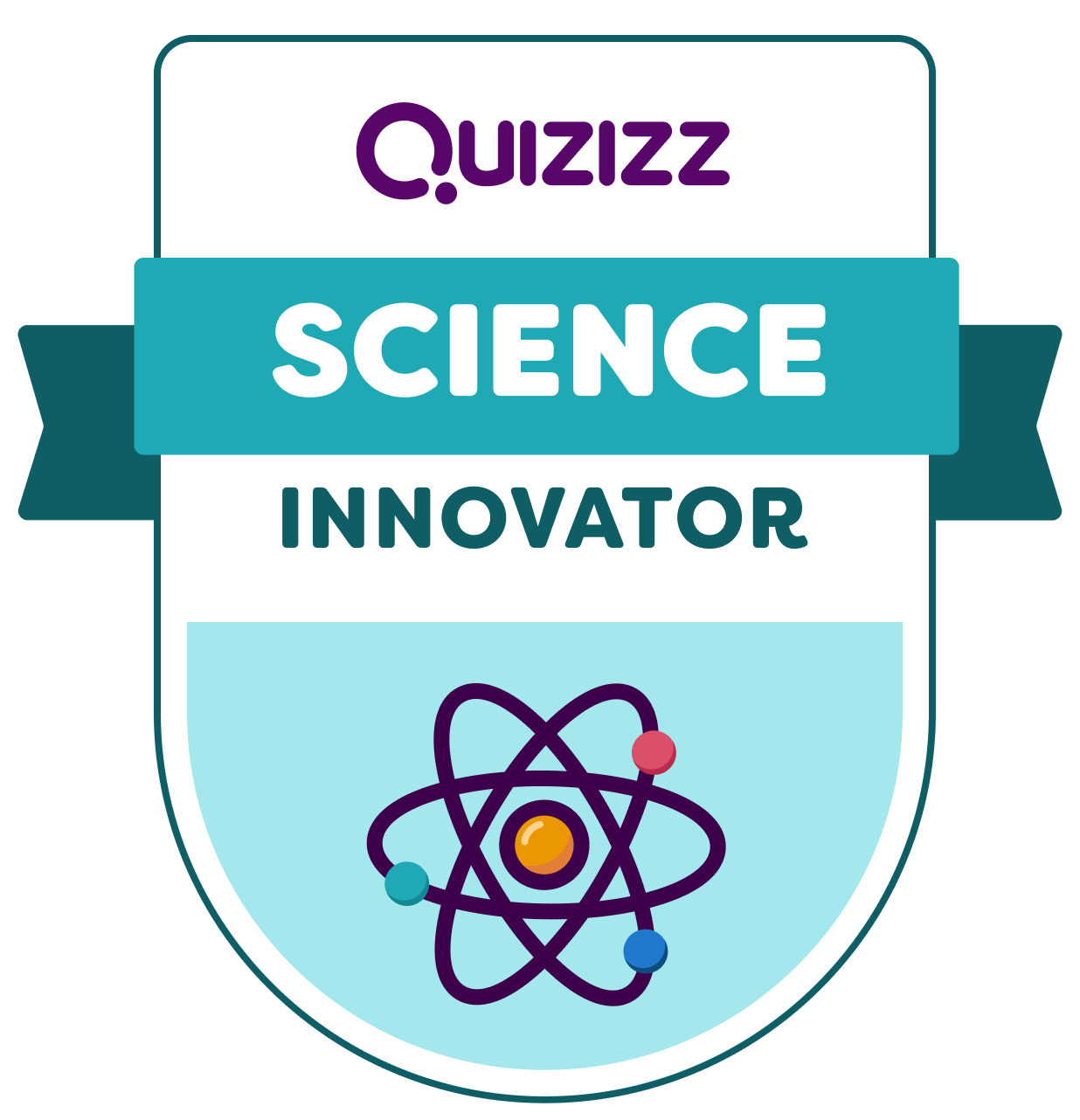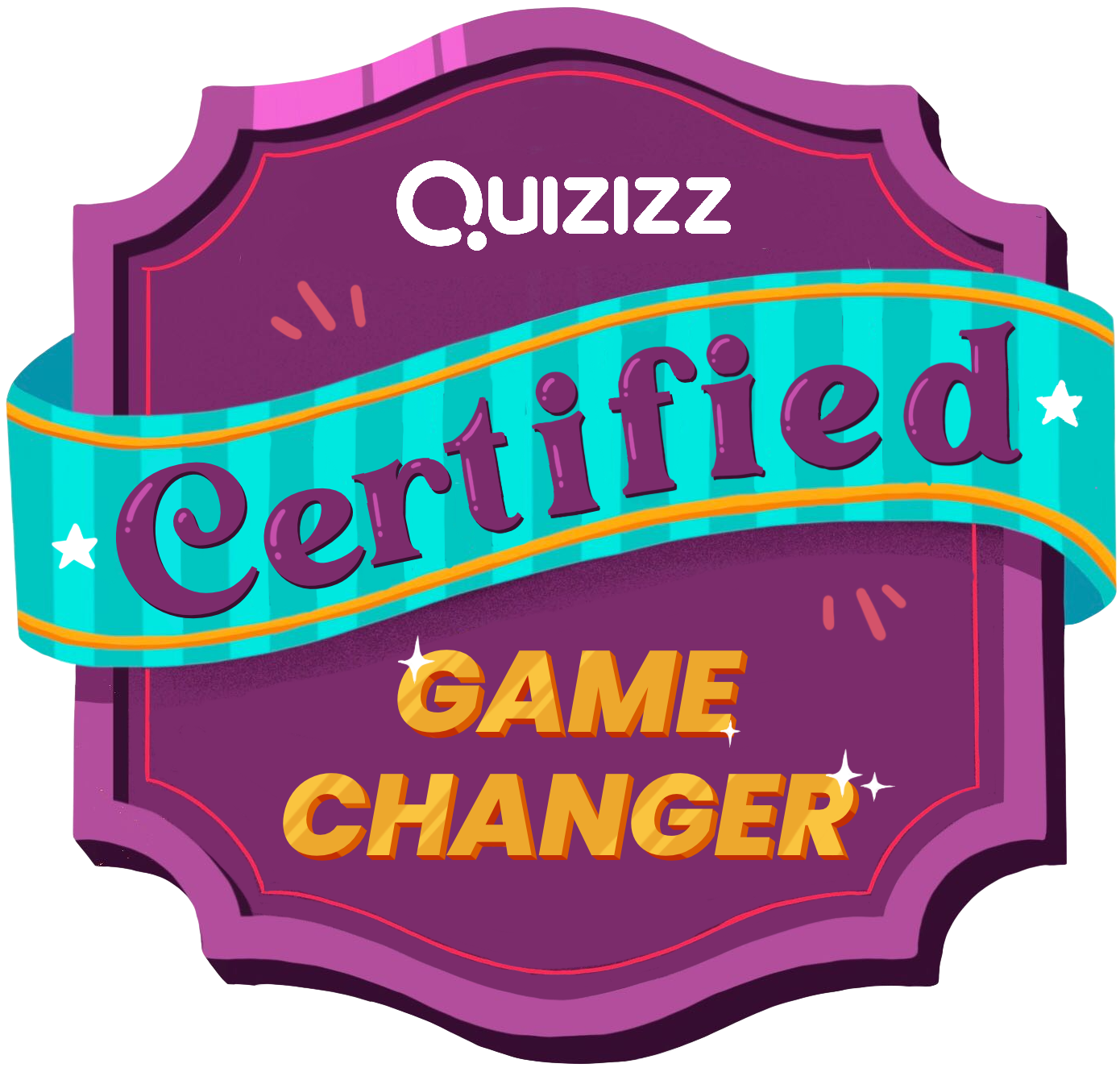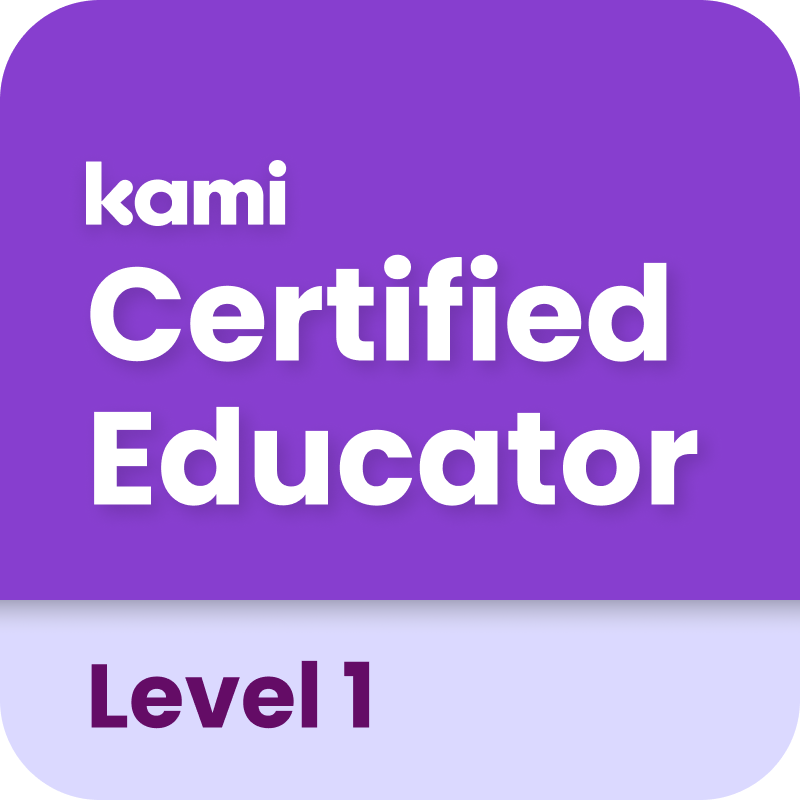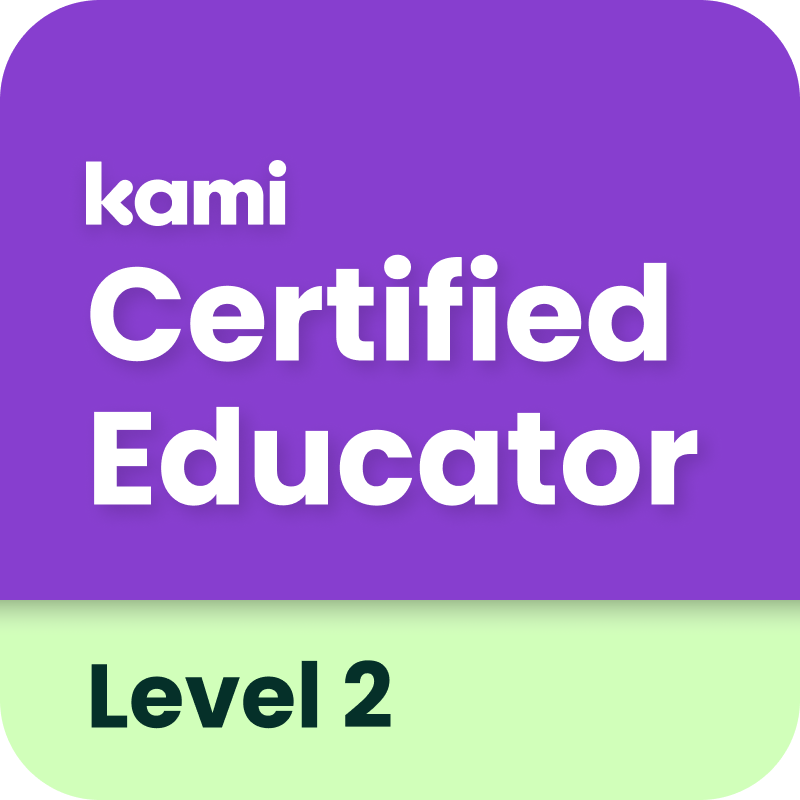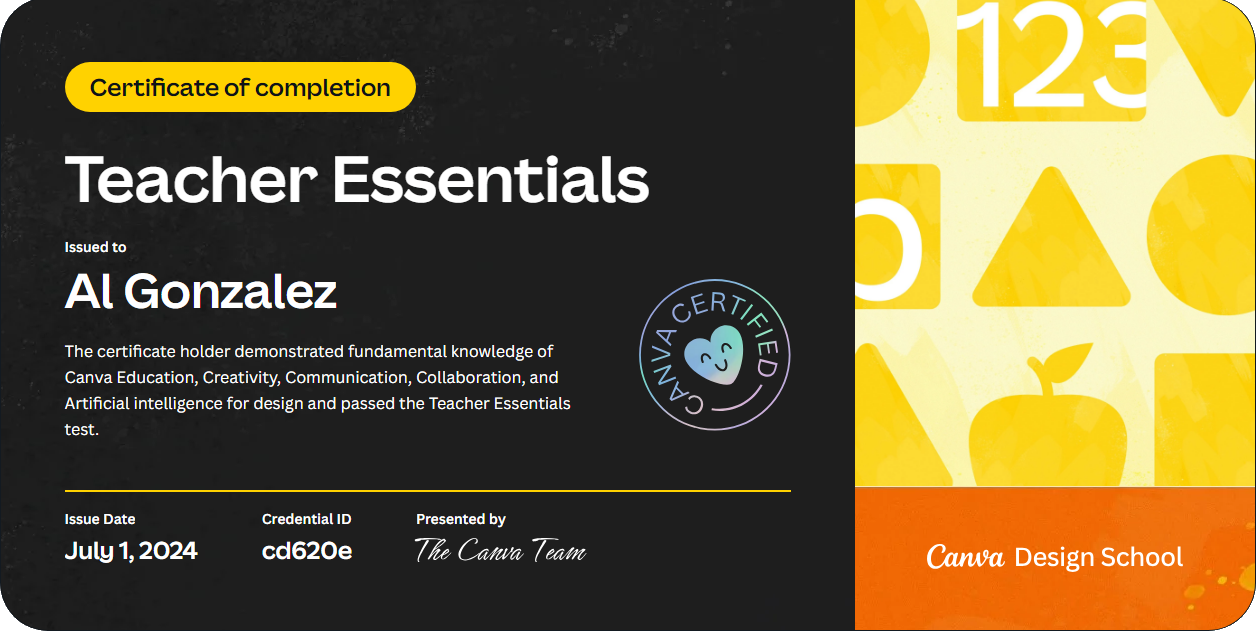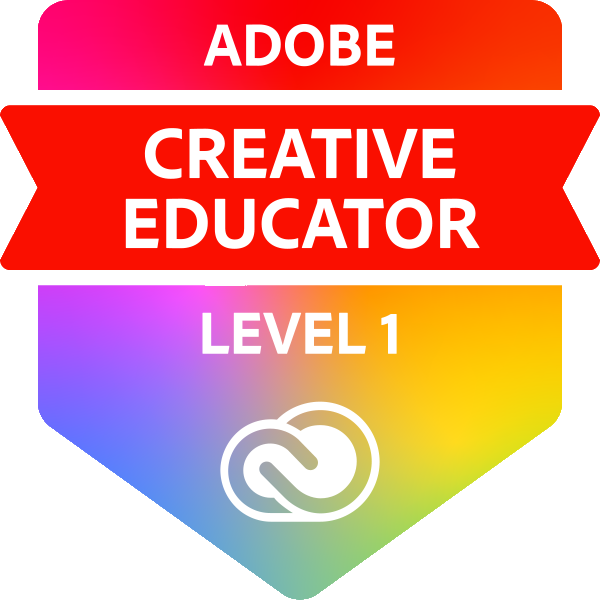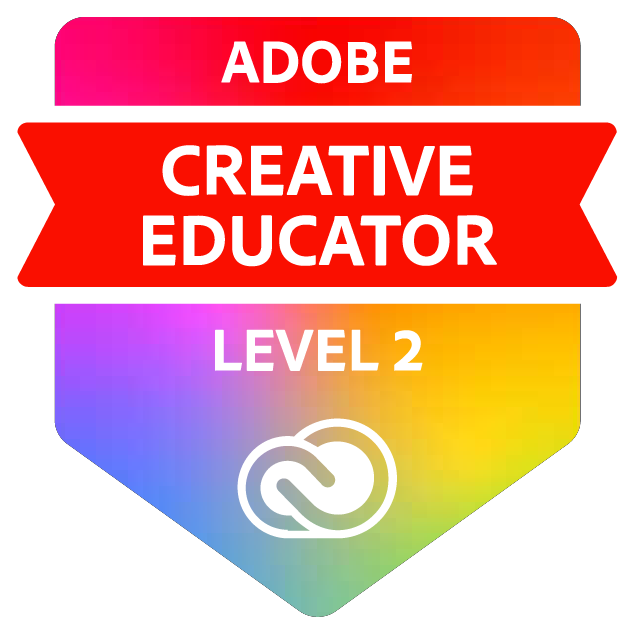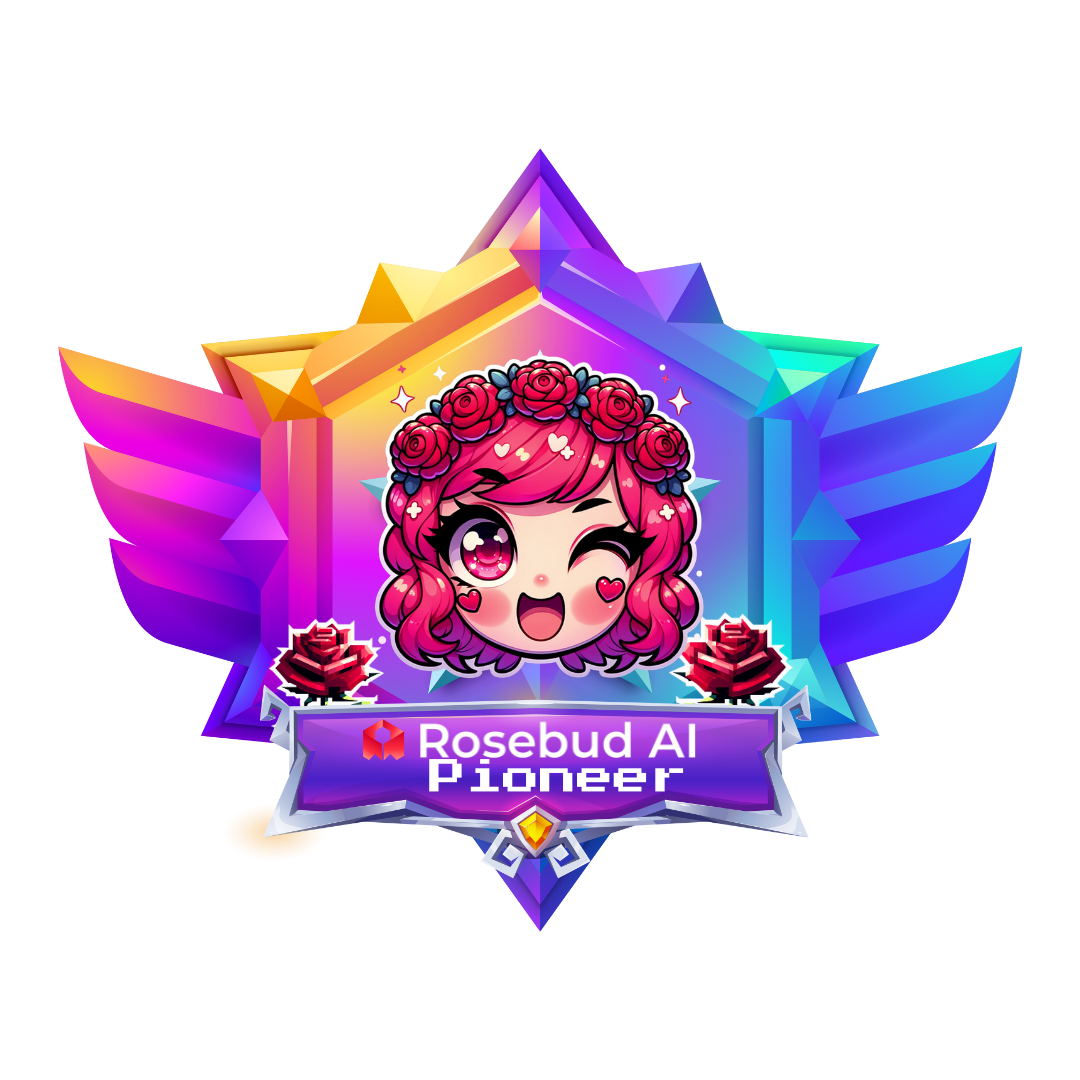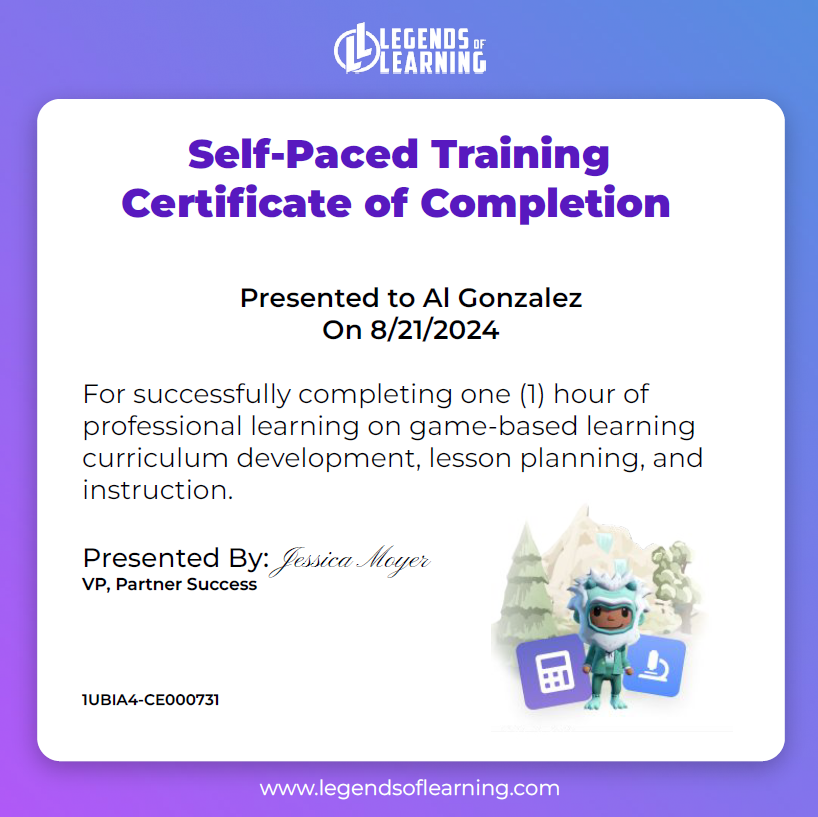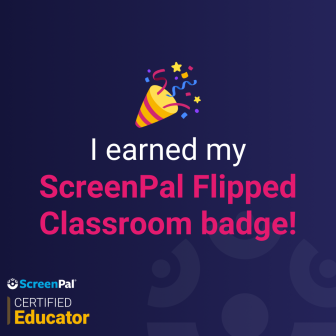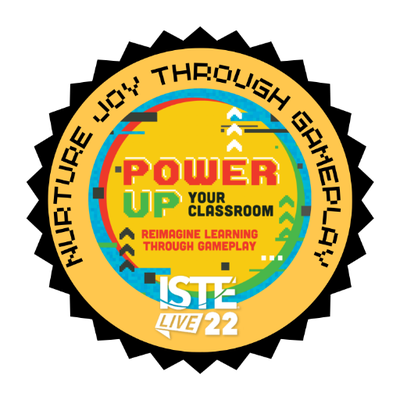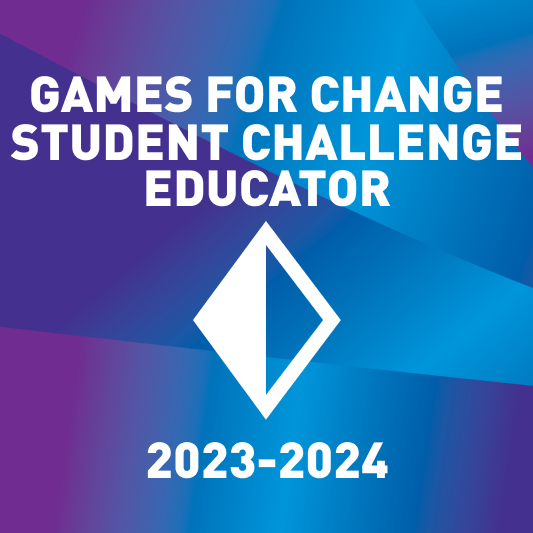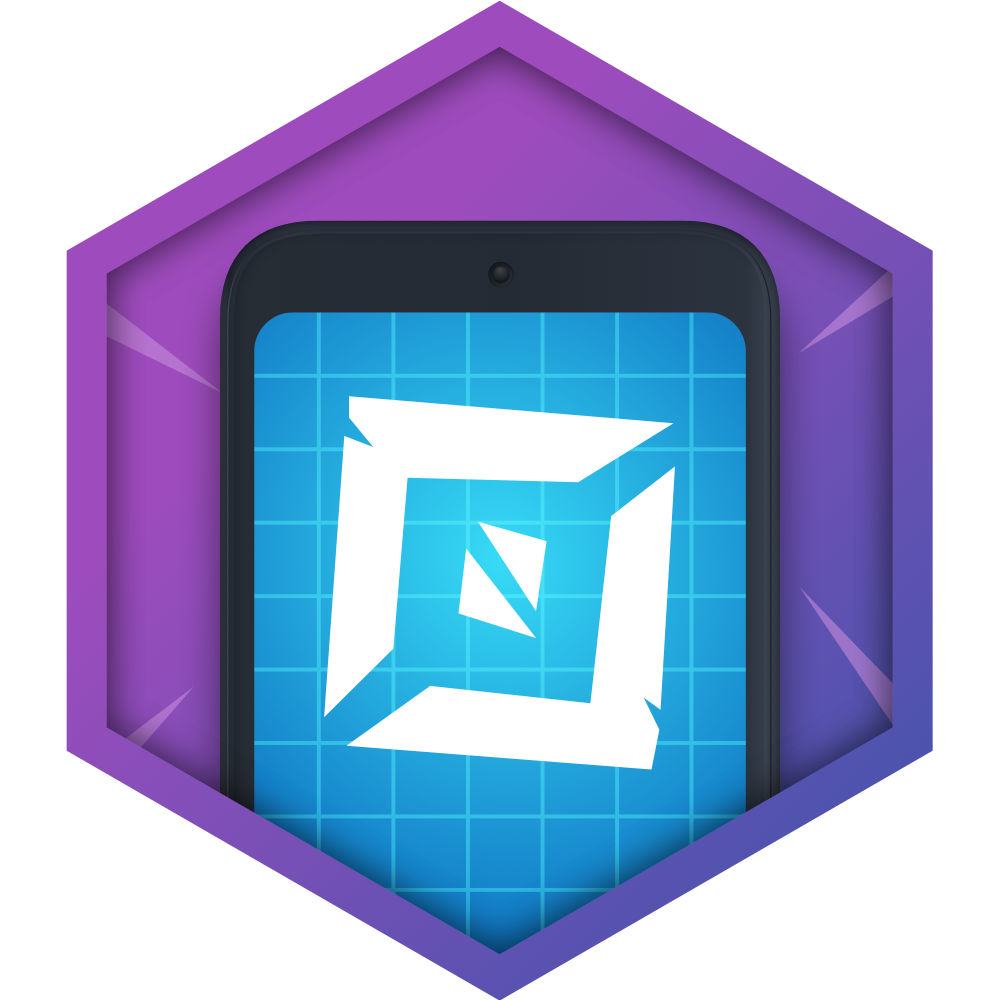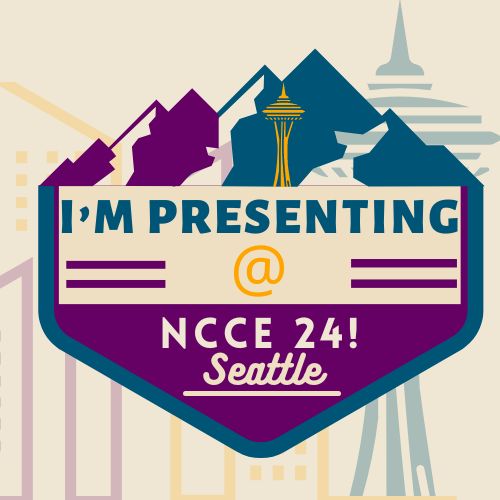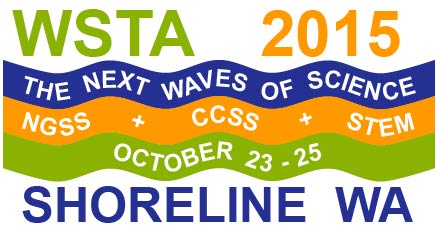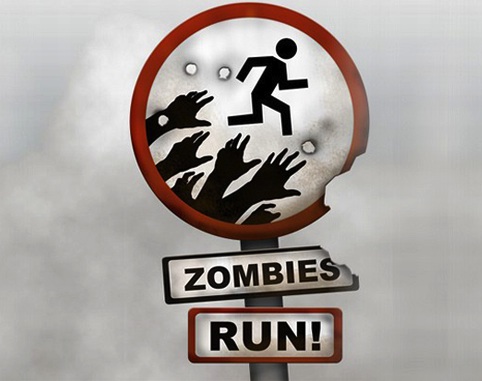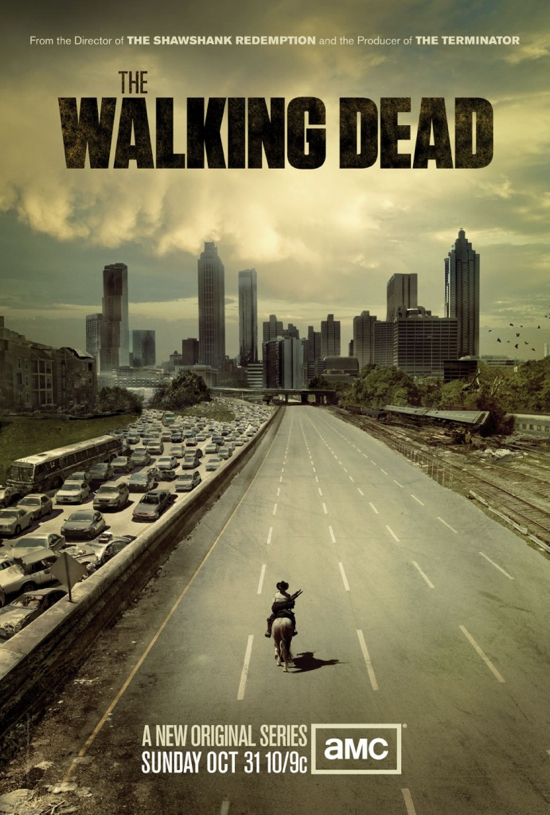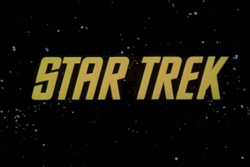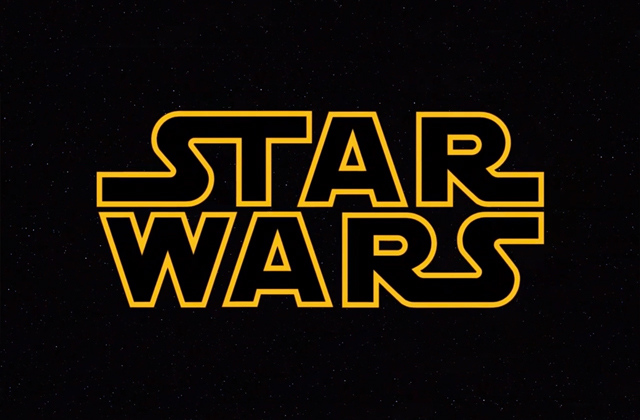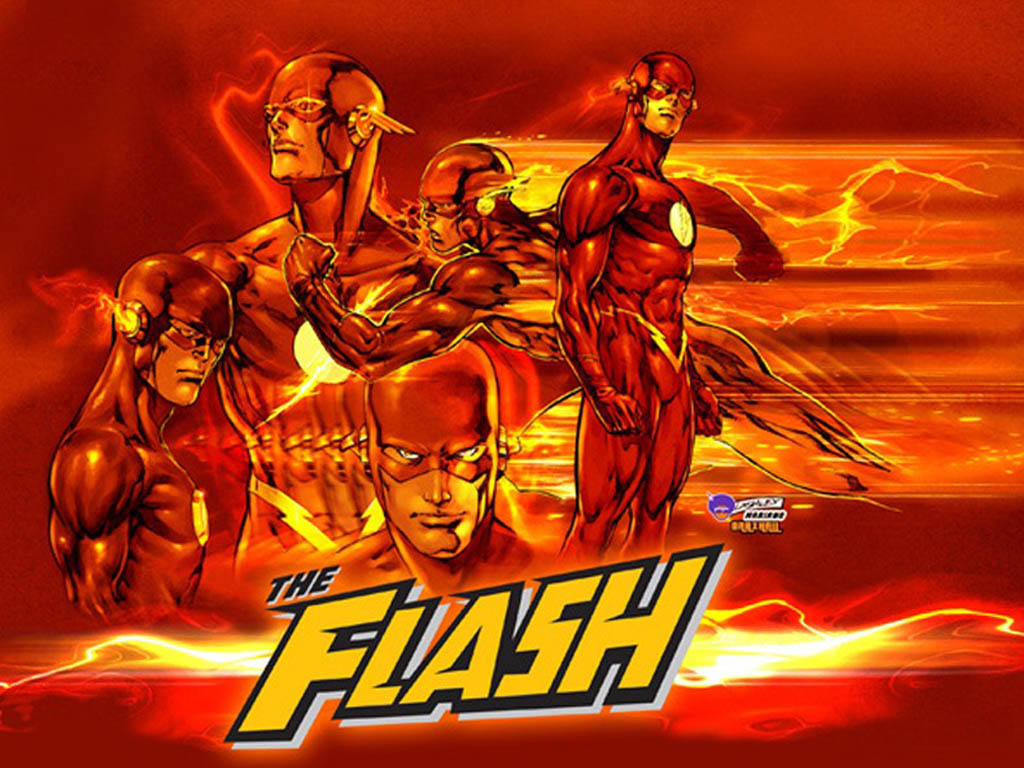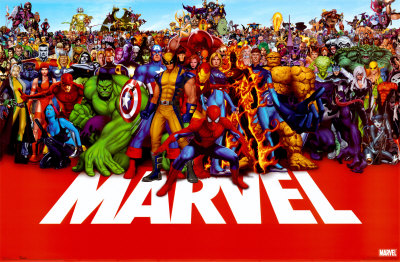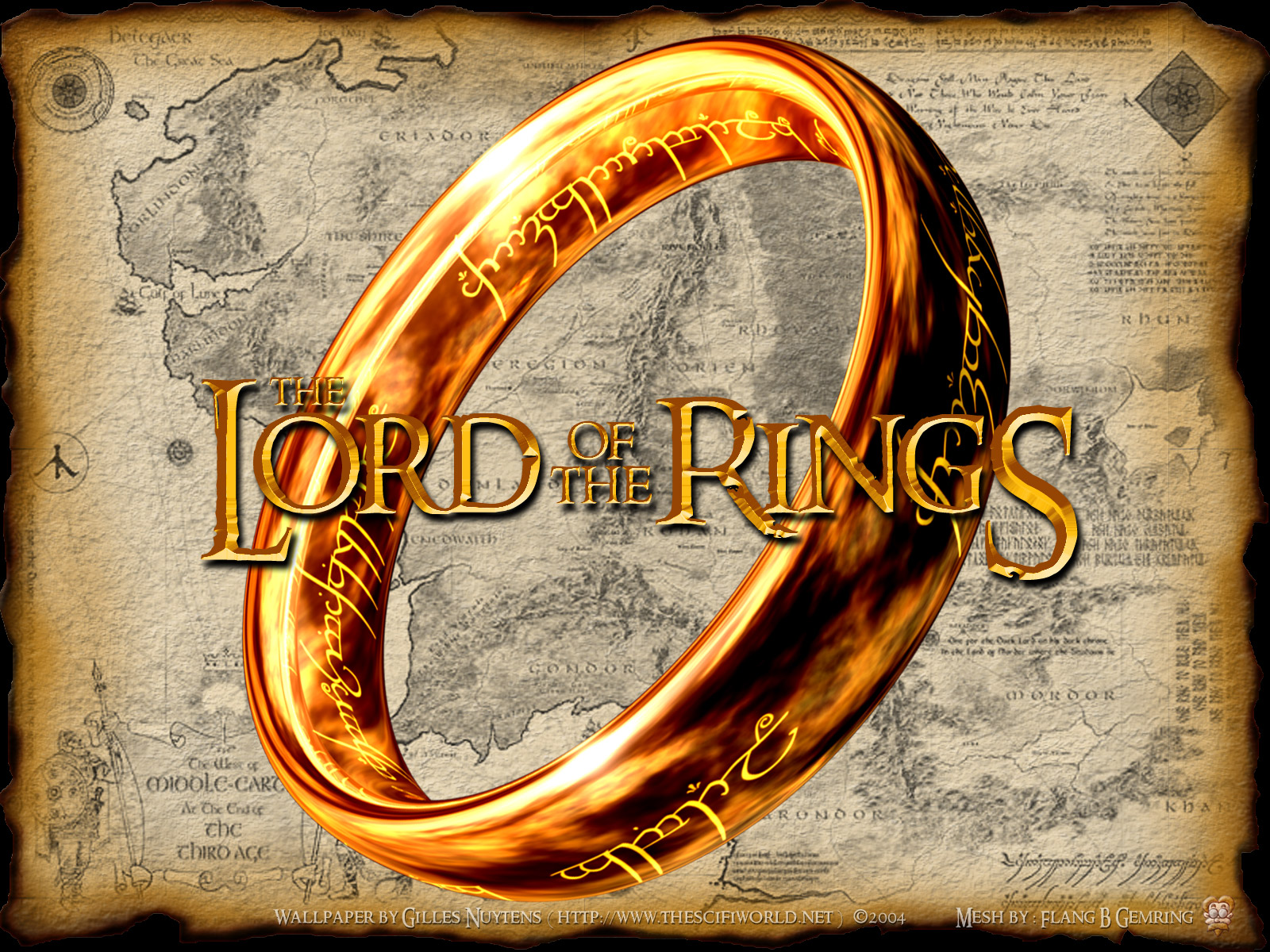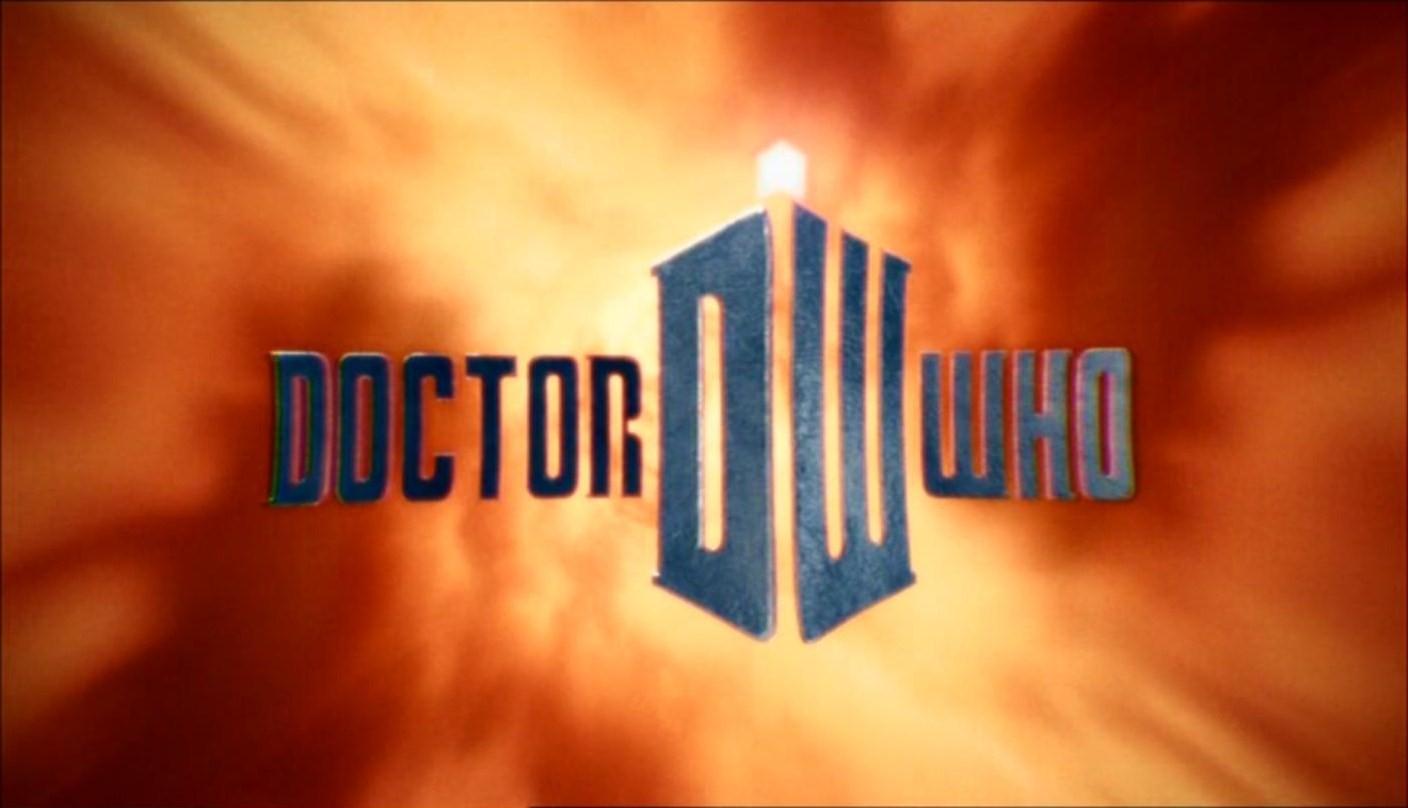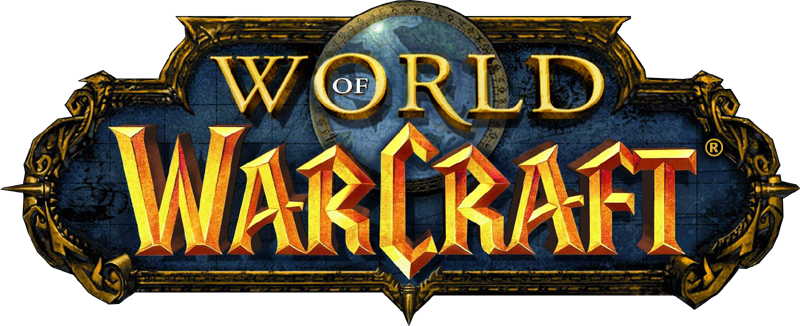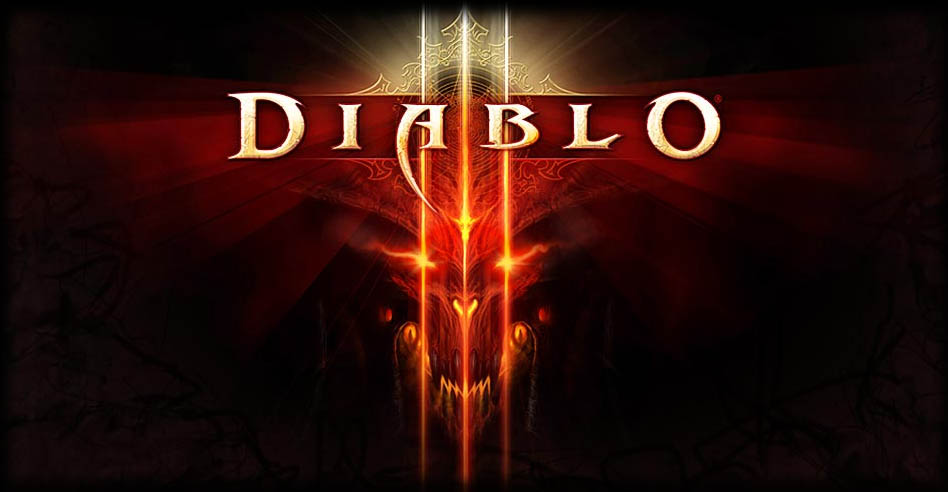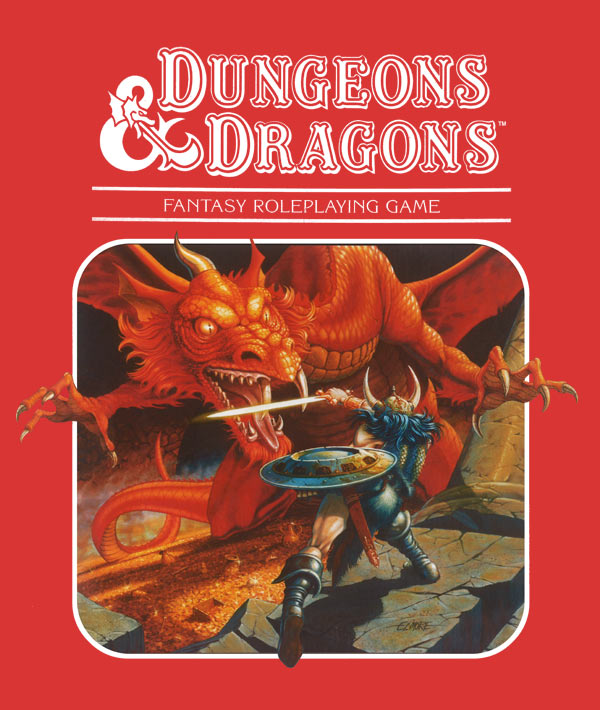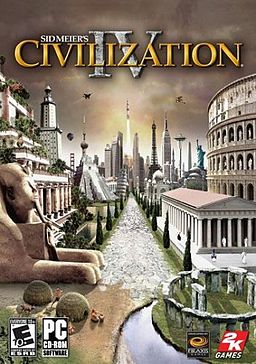In response to my questions on the Inquiry Dry Spell post I wrote Edna (@whatedsaid) posed some questions to get me thinking about inquiry in my Science classes. She wrote the following on her post, Response to the dry spell…
Inquiry encourages students to be actively involved in and to take responsibility for their own learning. Inquiry learning allows each student’s understanding of the world to develop in a manner and at a rate unique to that student. The starting point is students’ current understanding, and the goal is the active construction of meaning through:
-
exploring, wondering and questioning
-
experimenting and playing with possibilities
-
making connections between previous learning and current learning
-
making predictions and acting purposefully to see what happens
-
collecting data and reporting findings
-
clarifying existing ideas and reappraising perceptions of events
-
deepening understanding through the application of a concept
-
making and testing theories
-
researching and seeking information
-
taking and defending a position
-
solving problems in a variety of ways. (Making the PYP Happen)
Here are some questions Edna posted to help me think this through (my responses are included):
1. Do you think the learning in your science classes includes some of the elements mentioned above?
Yes, we definitely have some of the elements list above. Students are encouraged to explore, wonder and question but as that is left up to them it happens sporadically as different students get excited with different topics (which makes sense). We do experiments and students collect data and write conclusions based on their data and their hypotheses (which is exactly making predictions and acting purposefully to see what happens). Conducting an experiment also involves applying concepts especially when doing a follow-up experiment if results don’t come out as expected. When learning new concepts students get to research and seek information, which includes asking their questions. A lot of the questions we investigate and research are posed by me regarding the topics we are studying. I task students with asking their own follow up questions and seek answers to those questions that naturally arise. I also teach students that research includes reading through the results of a search leading to either better or different questions as you learn more about the topic/concepts. Some concepts we study connect together so previous learning connects to future learning.
2. Have you considered beginning a new unit with a hook or provocation to stimulate curiosity, rather than introducing the topic yourself?
I think I do that, if I understand the question correctly. Using the 3D GameLab each assignment/task/activity/quest starts with some kind of a hook usually in the form of a question. Since all my students have the choice as to which quest to work on at any given time that hook has to be good enough to get them to start the quest instead of skipping it or saving it for later. If it’s an activity or project that I want everyone to work on at a given point in time I introduce it either with a question or by “selling” it and making it look really cool. For example, when I introduced the classification project to students I posed the questions, “why do scientists classify living things?” “How do scientists classify living things?” “How would you classify living things?” Then instead of figuring out how scientists classify living things students tried it themselves and then had to compare their classification schemes with the ways biologists do it. They found out that some of the ways they classified living things was very similar to how biologists did it!
So I’m not sure if that’s what you meant because I still introduce the topic even though I do try to start with a question or provocation.
3. Are you willing to shift from “delivering curriculum” and, rather than covering, provide opportunities for discovering and uncovering by the learners?
That’s how my class runs, I don’t often deliver curriculum. I put the learning in the hands of my students. I’ve been using Mark Barnes’s Results Only Learning Environment (ROLE) methods to provide my students with autonomy, choice, and with multiple opportunities to master concepts before moving on. What I need to do better is provide more scaffolding for the students who aren’t used to this. I’ve had students leave me feedback on surveys that they are lost without direct instruction and without me telling them what to do.
4. Can you think of ways you might use the model below? (Or rather, ways the learners might use it)
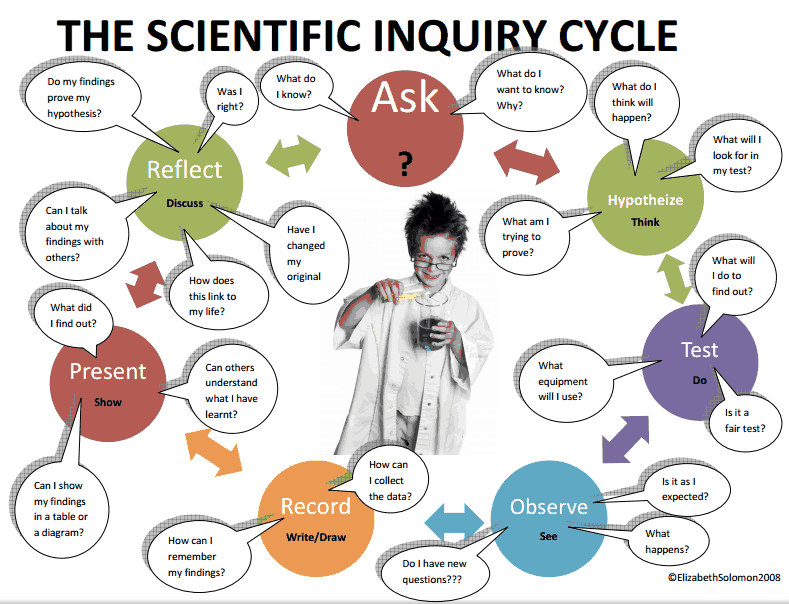
We follow this cycle often in Science, especially when we do labs/experiments. I use Inquiry Boards to scaffold and help my students develop an inquiry cycle for conducting experiments. It’s not the only method but it’s a helpful one for providing some structure. By 8th grade our students are expected to develop and design their own experiments to questions or problems without the use of the Inquiry Boards. By 8th grade I also have my students write their conclusions using the Claim, Evidence, Reasoning (CER) method.
I guess I am providing my students with opportunities to inquire, explore and wonder. It just seems like it should be happening in my classes more often. I get few students who ask questions and fewer still who actually seek answers to their questions. Often I am the one looking up answers to questions they come up with so at least I’m modeling what I want them to do. Maybe what I need to do is a better job of encouraging questioning and seeking answers. Maybe my assignments are to closed and not open-ended enough or don’t leave much room for students own questions. I’ll have to work on that. I find that if I don’t ask the questions then they don’t get answered so I will need to find a balance.
Thanks, Edna! 🙂
Your questions really helped. I hope I have given you some insights into how inquiry works in a Science class.

